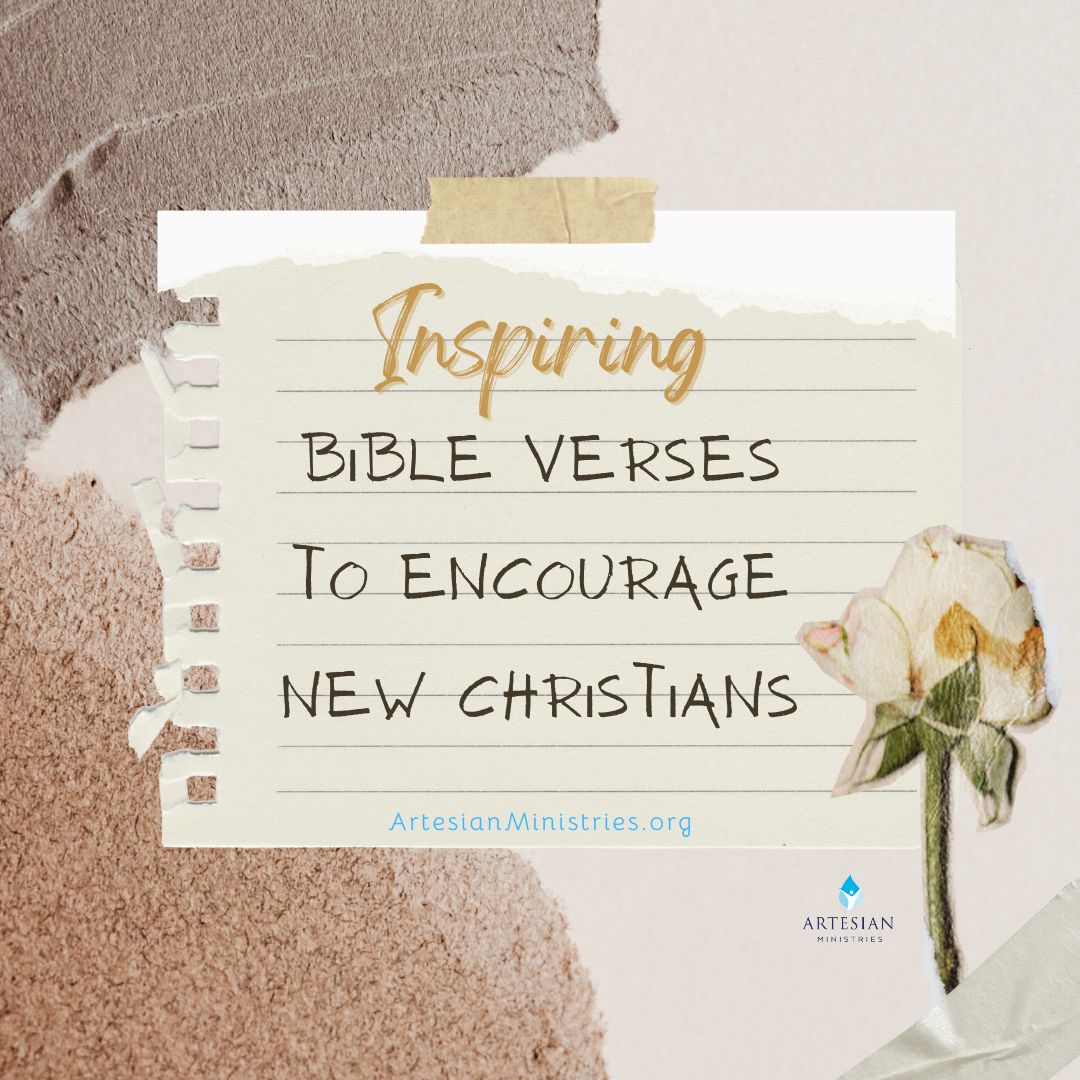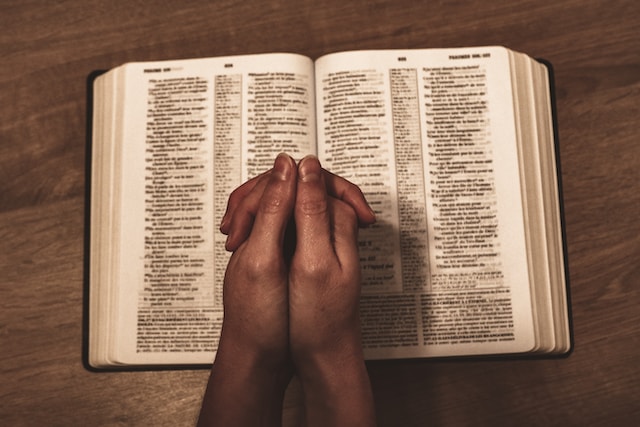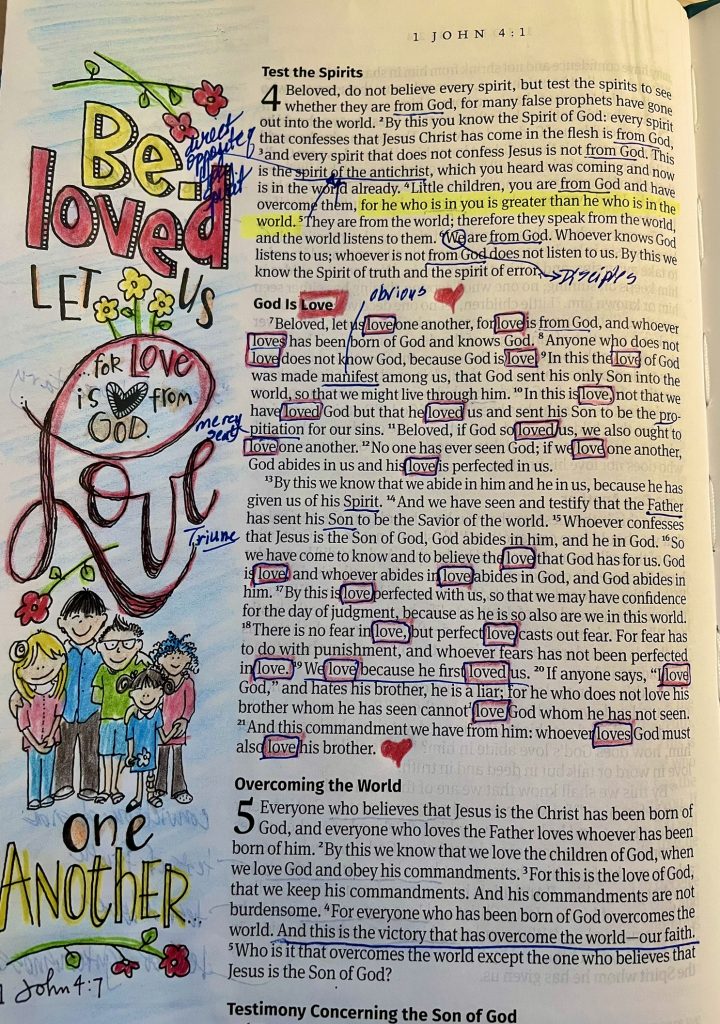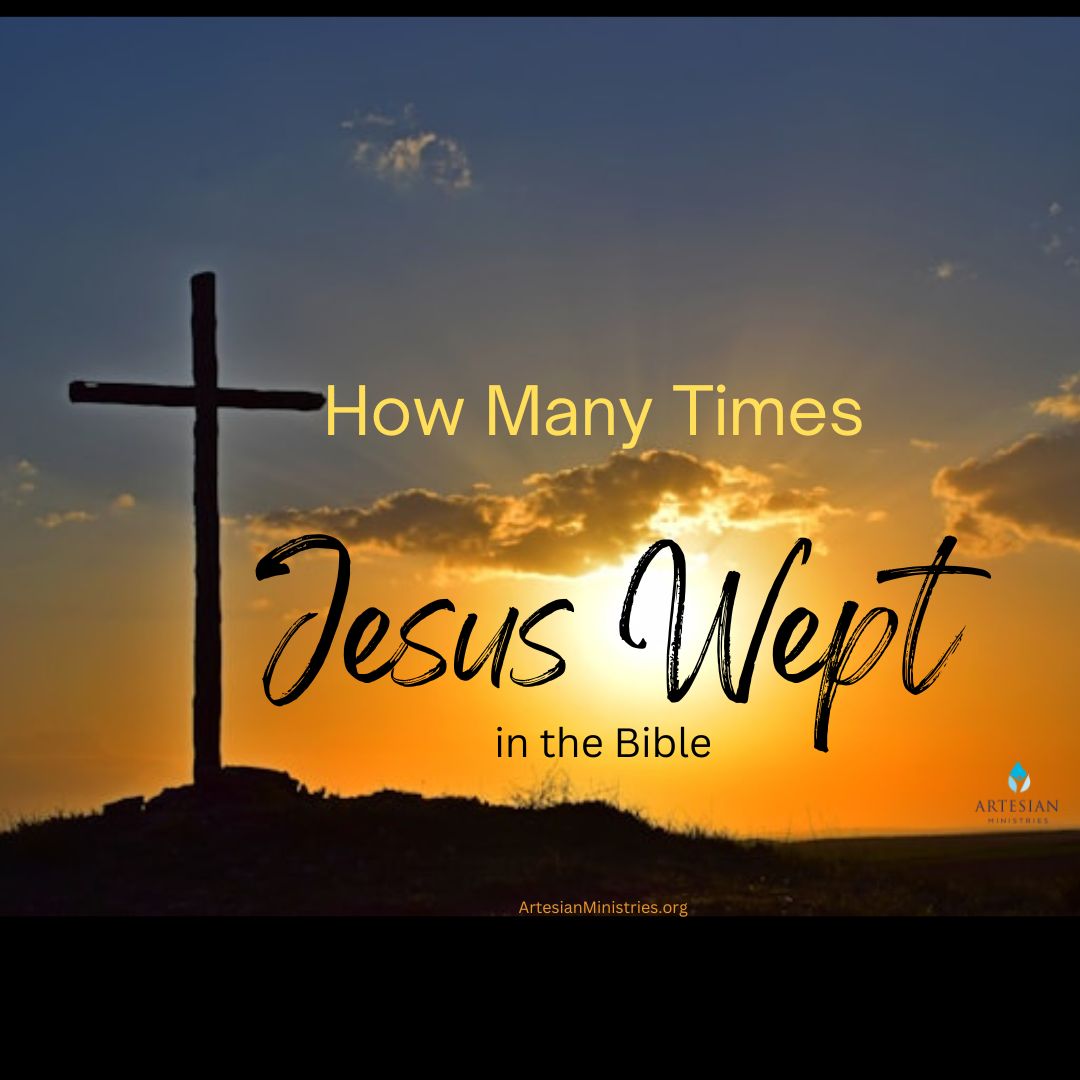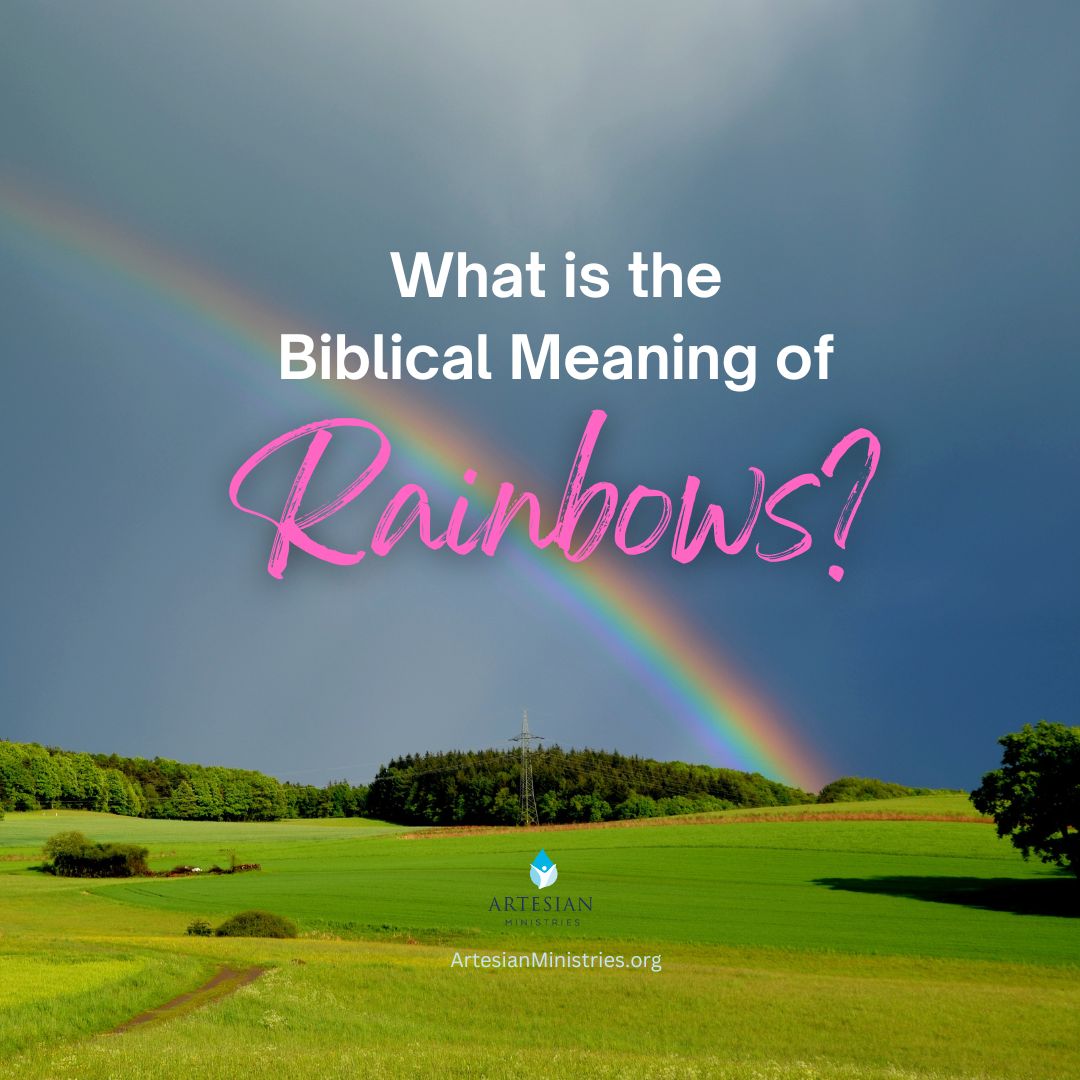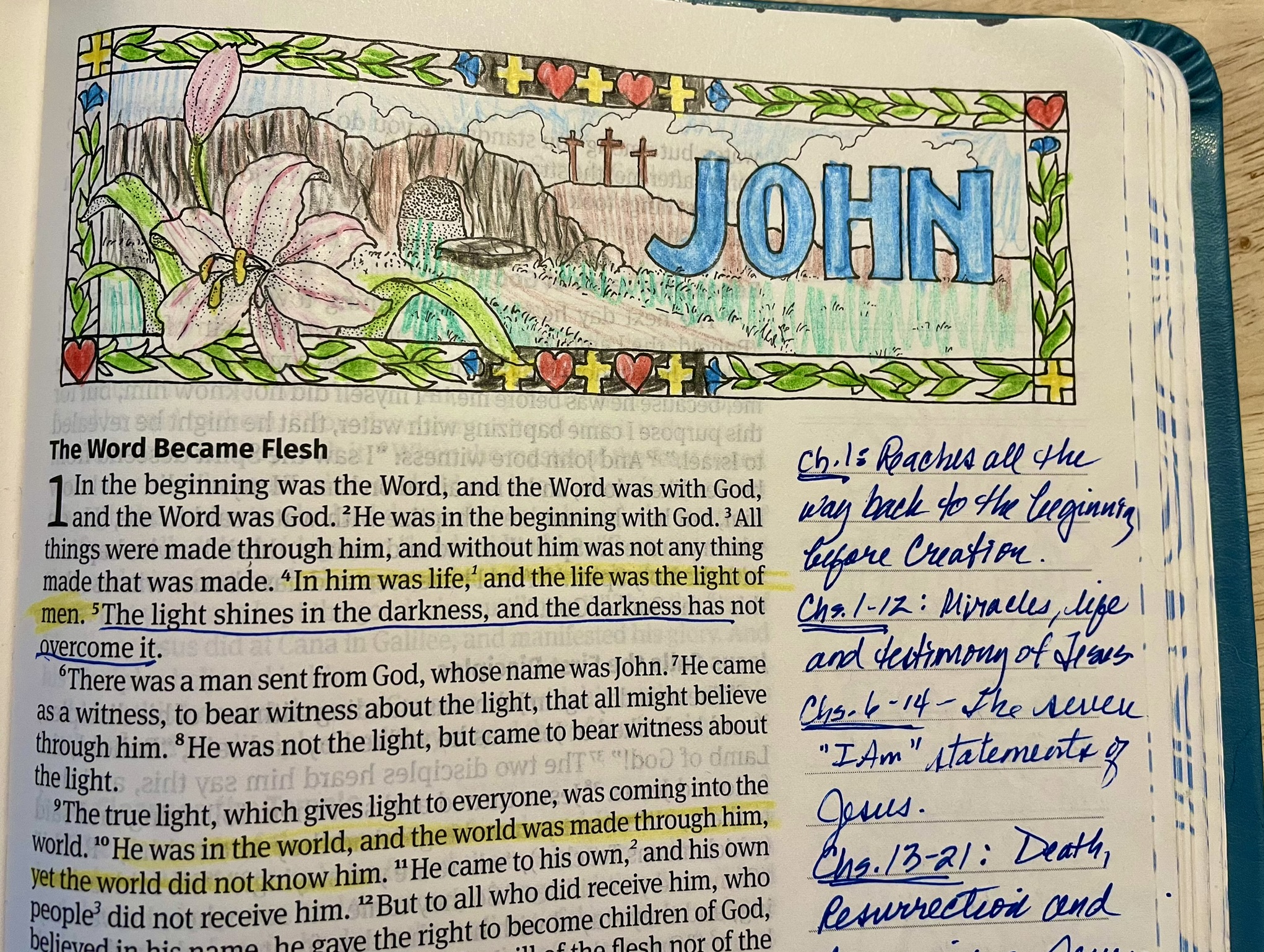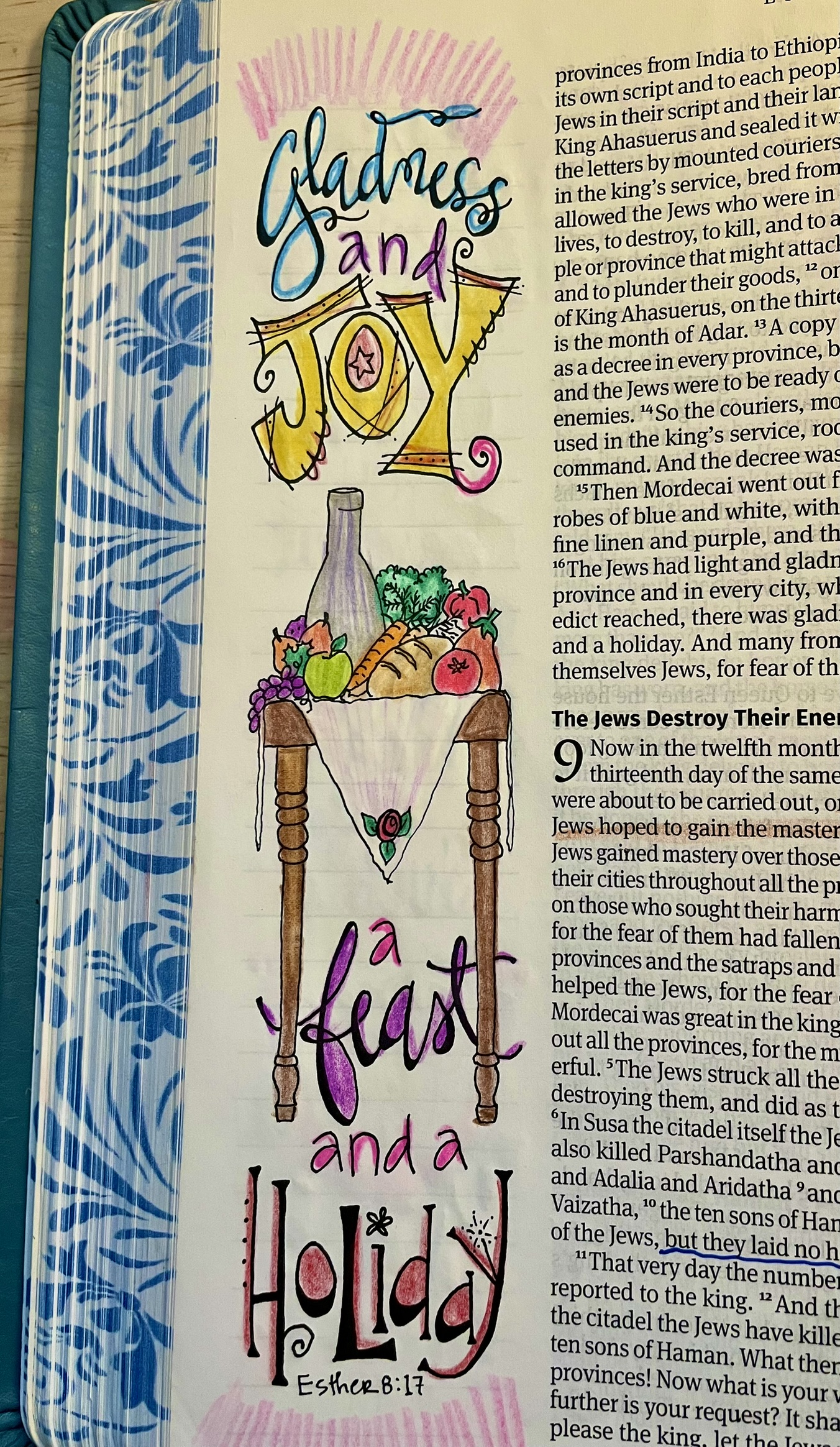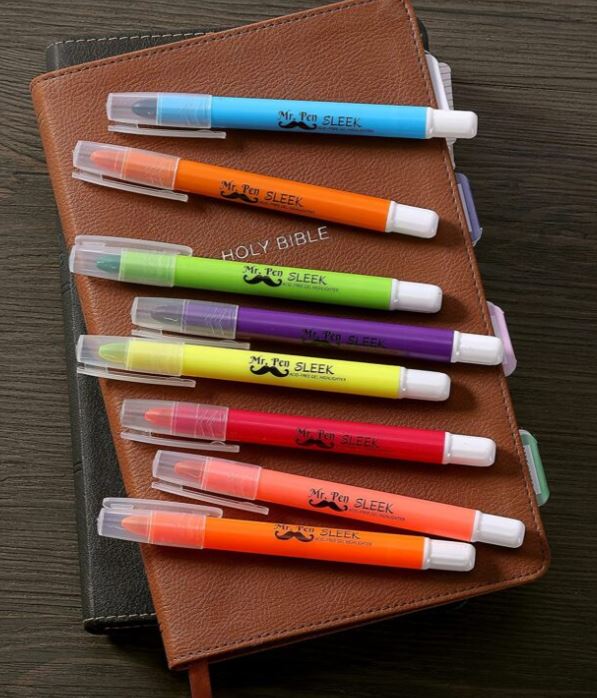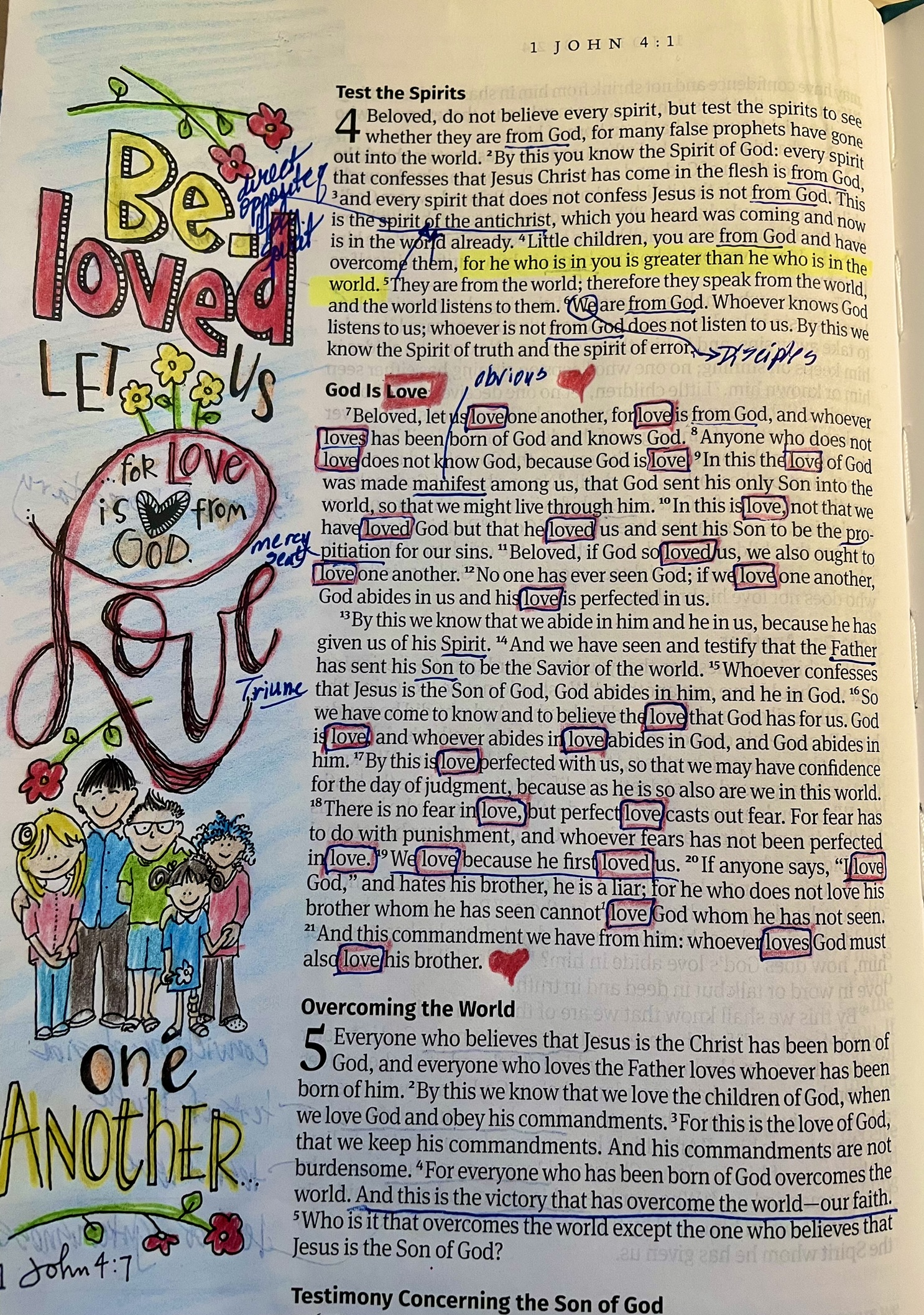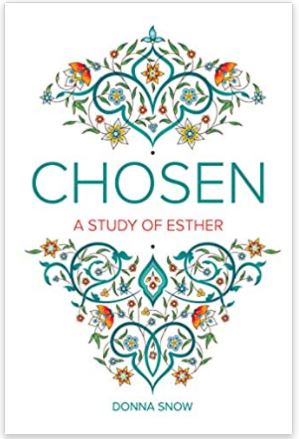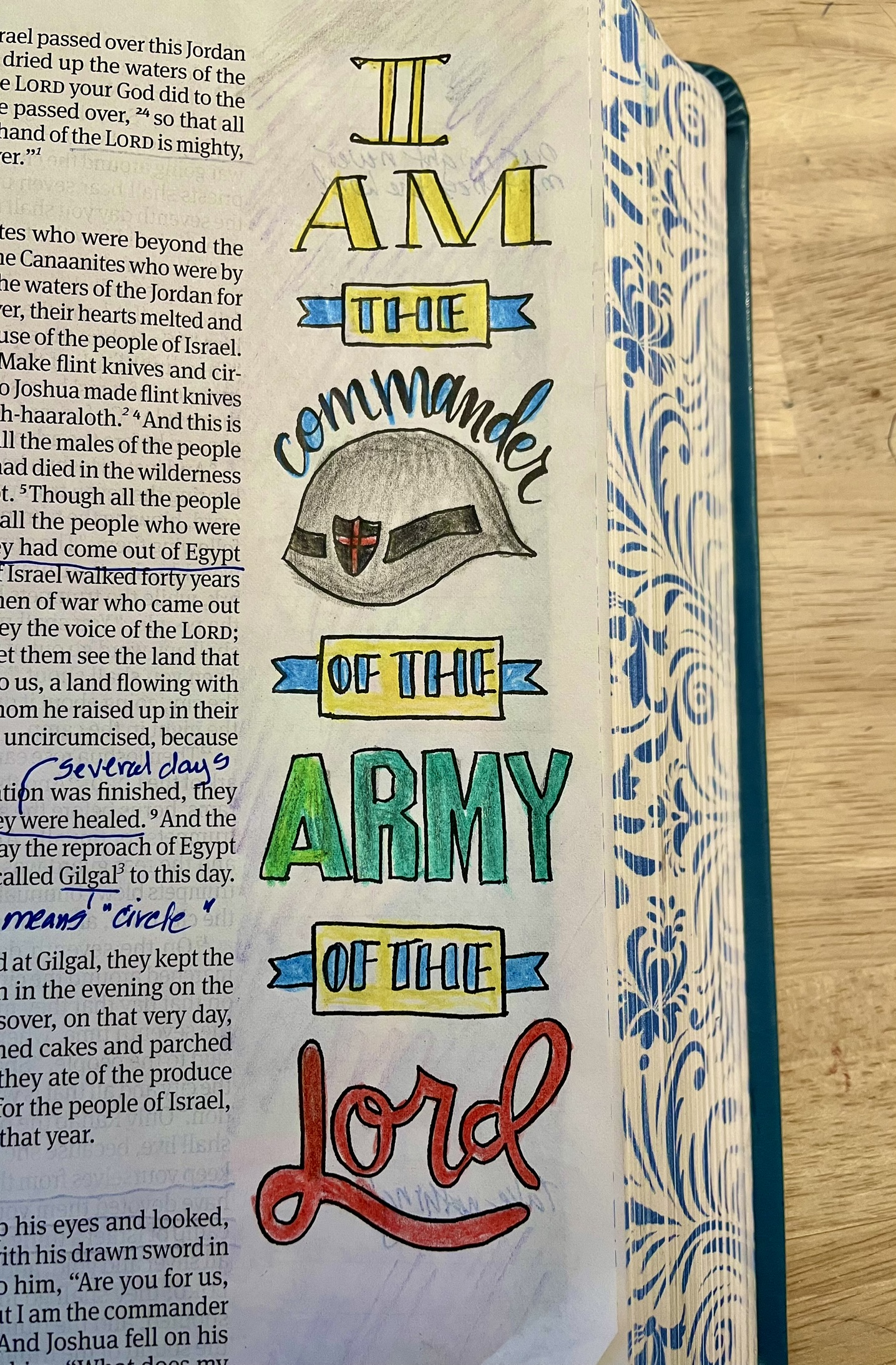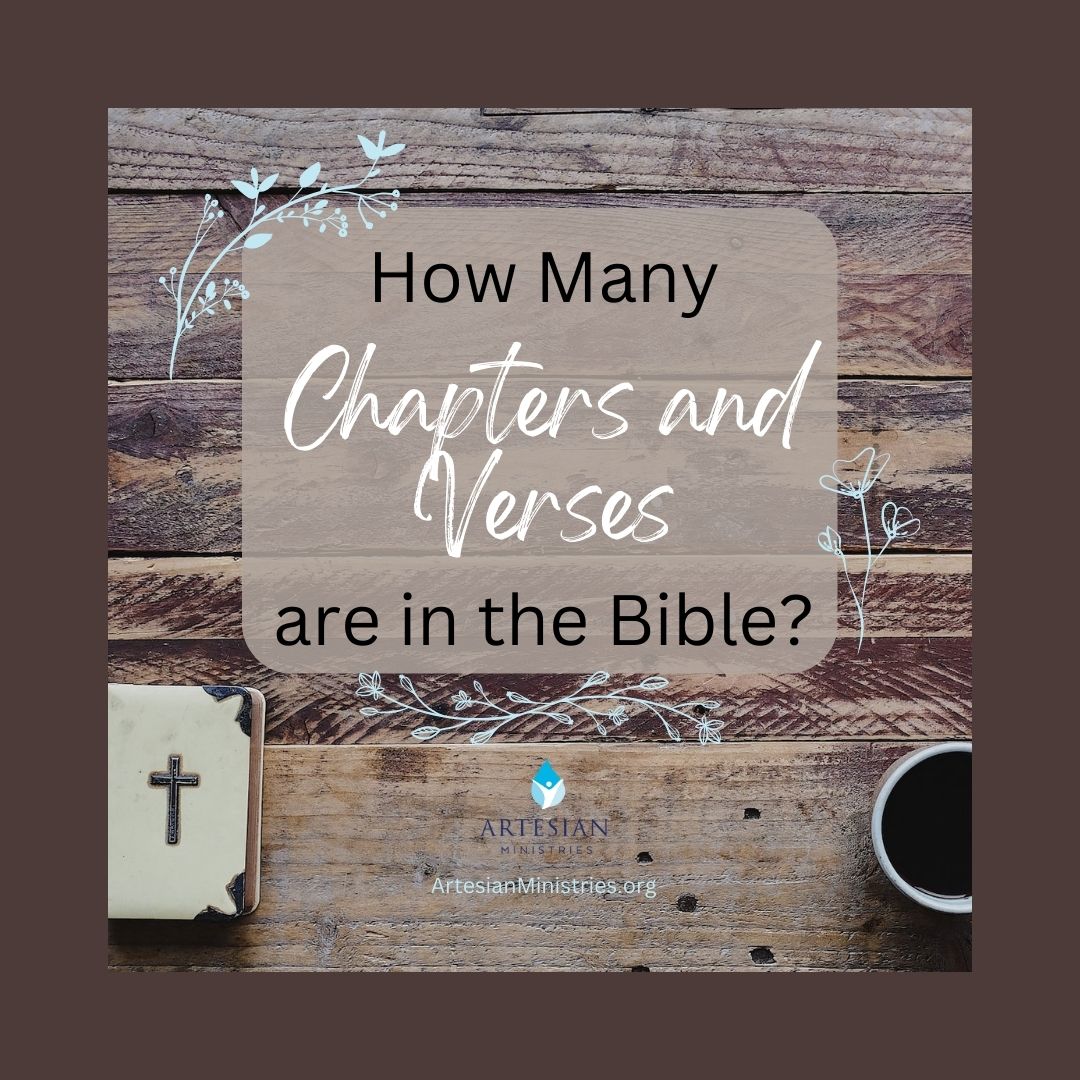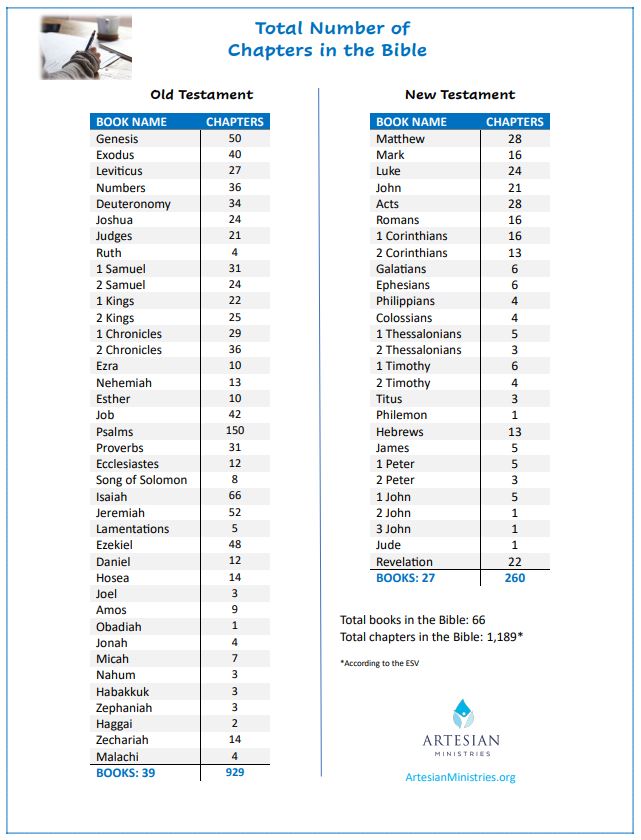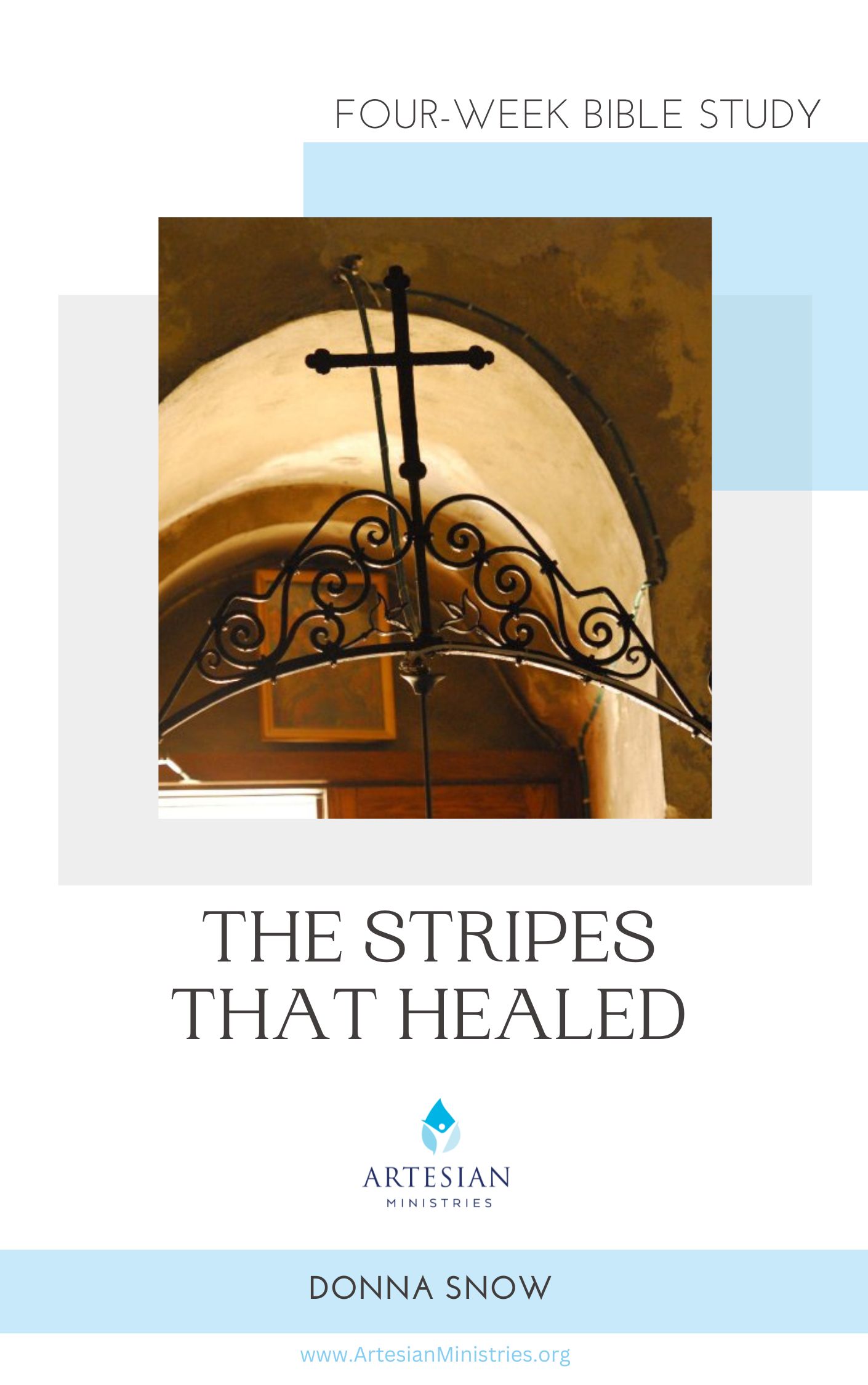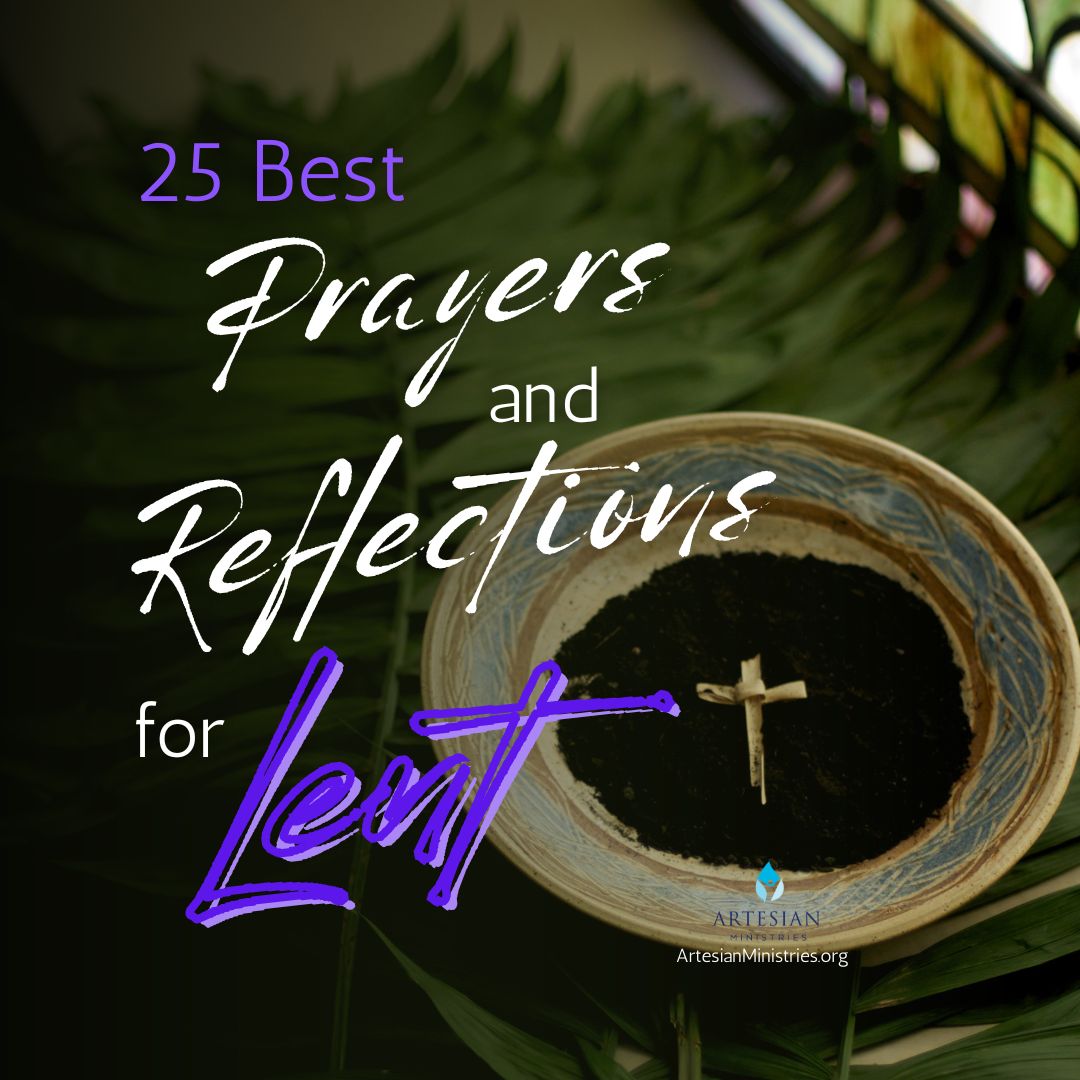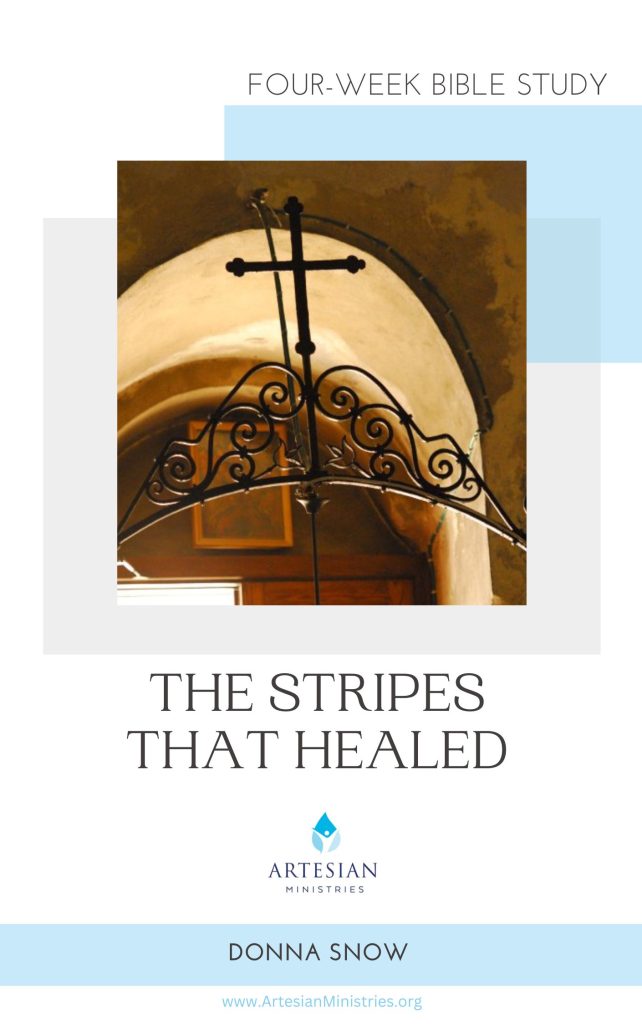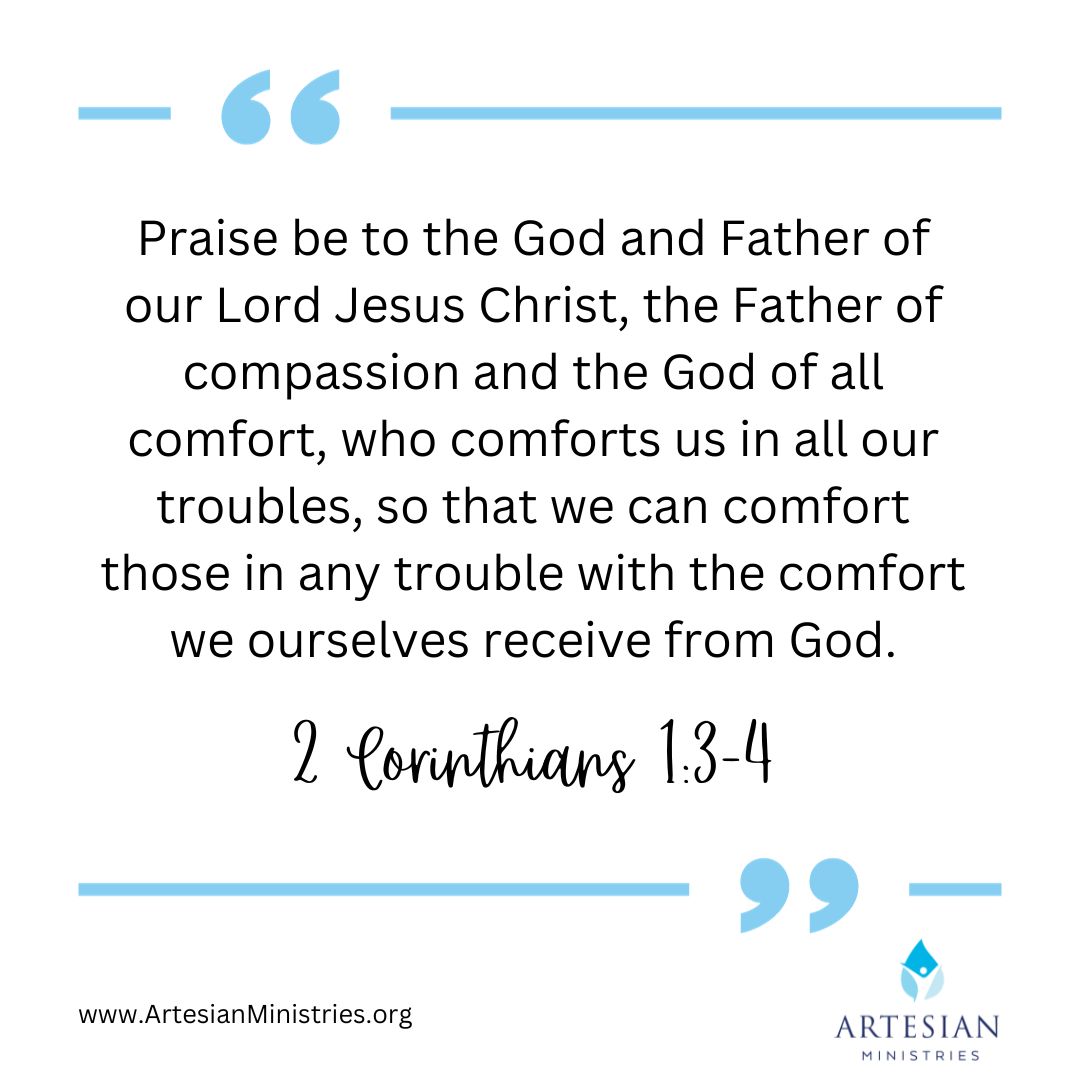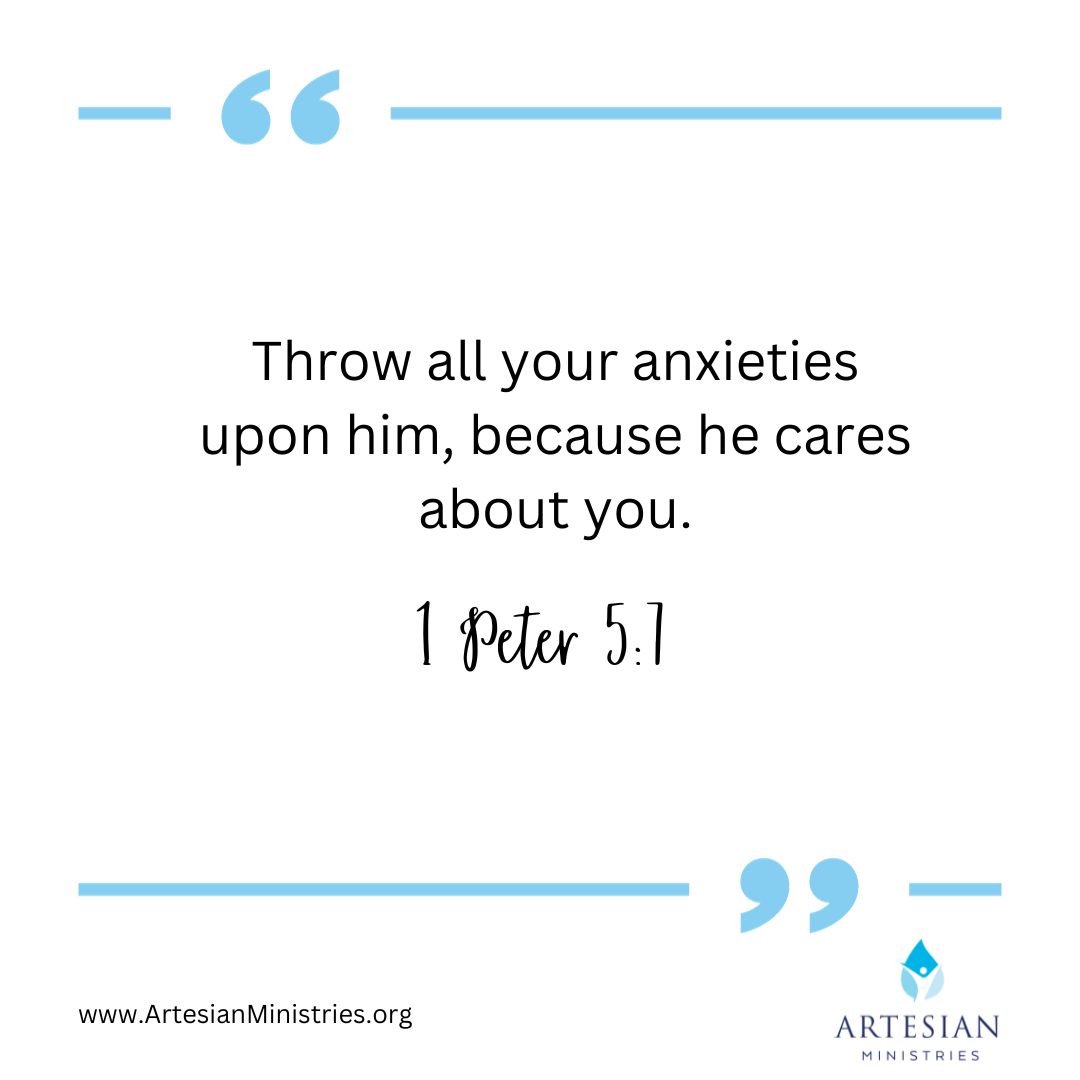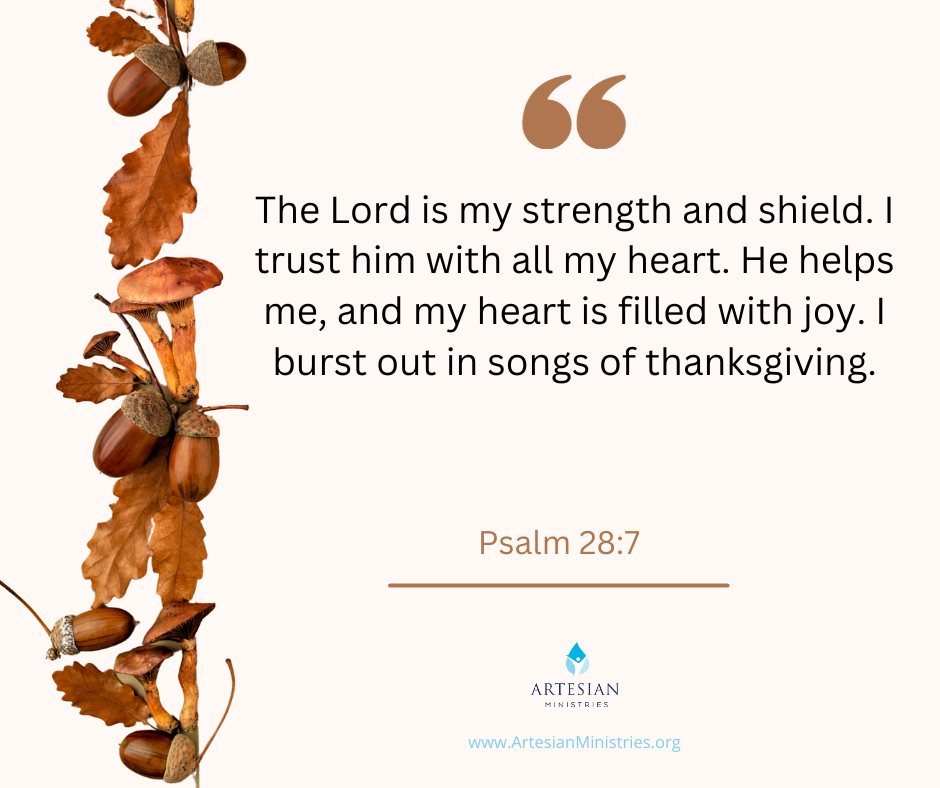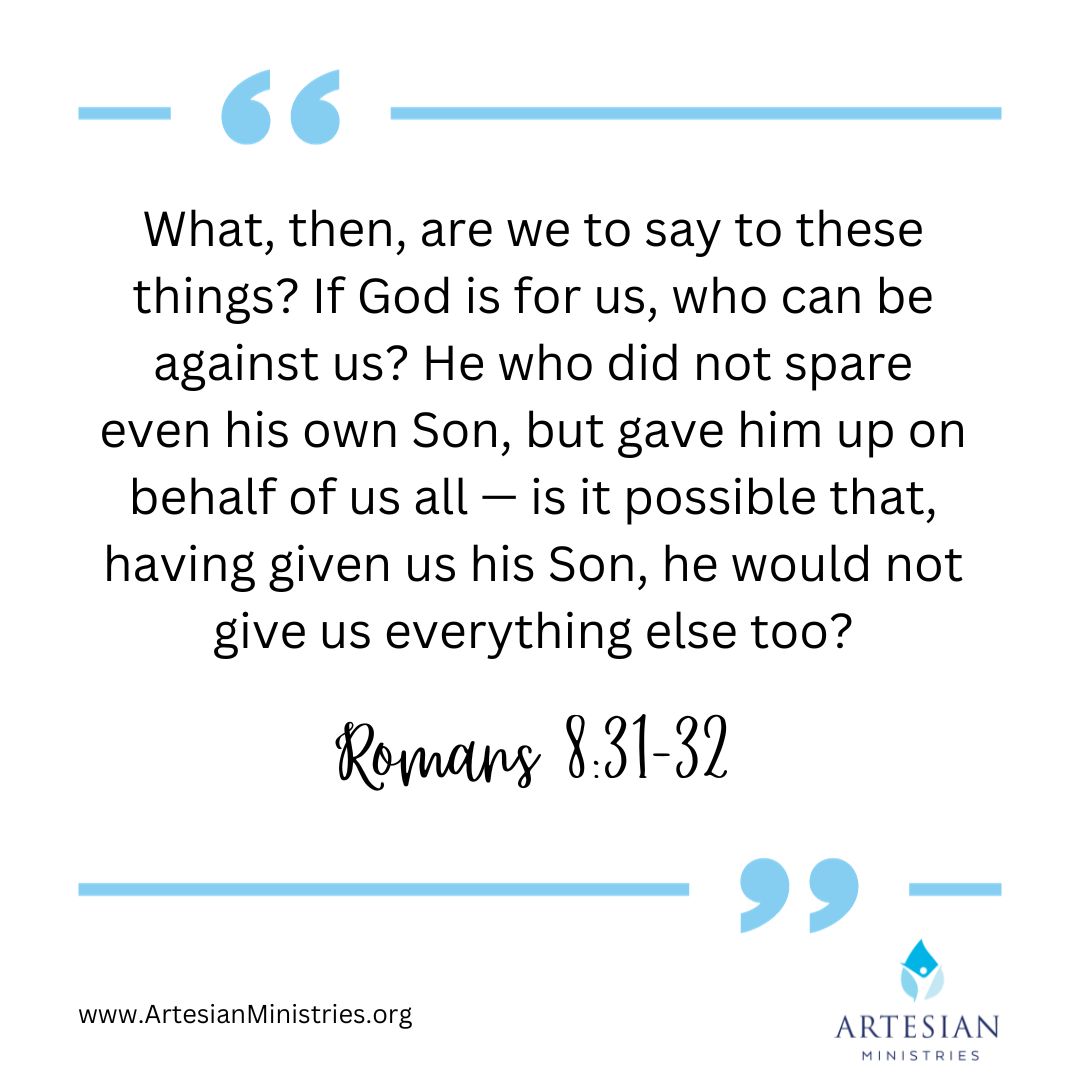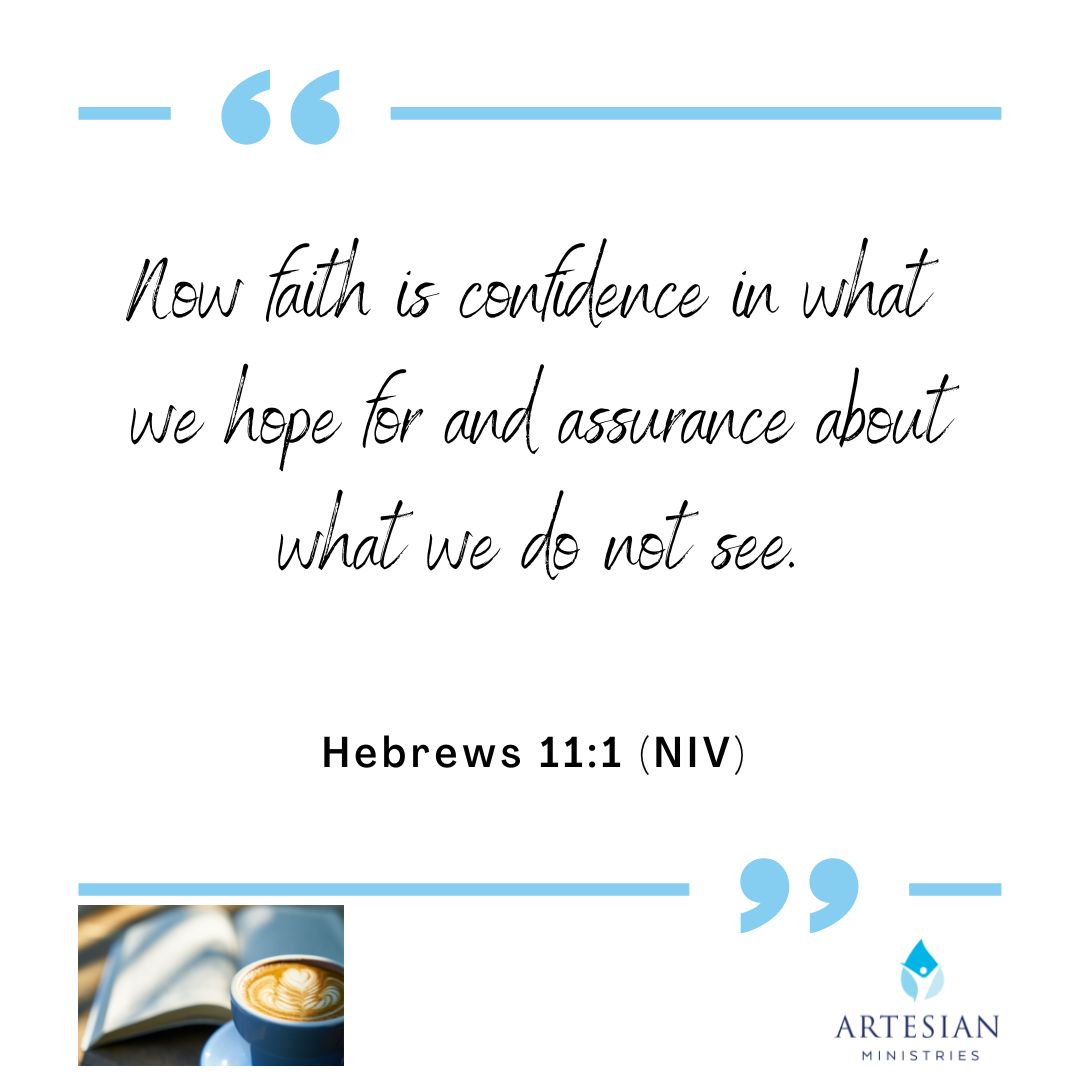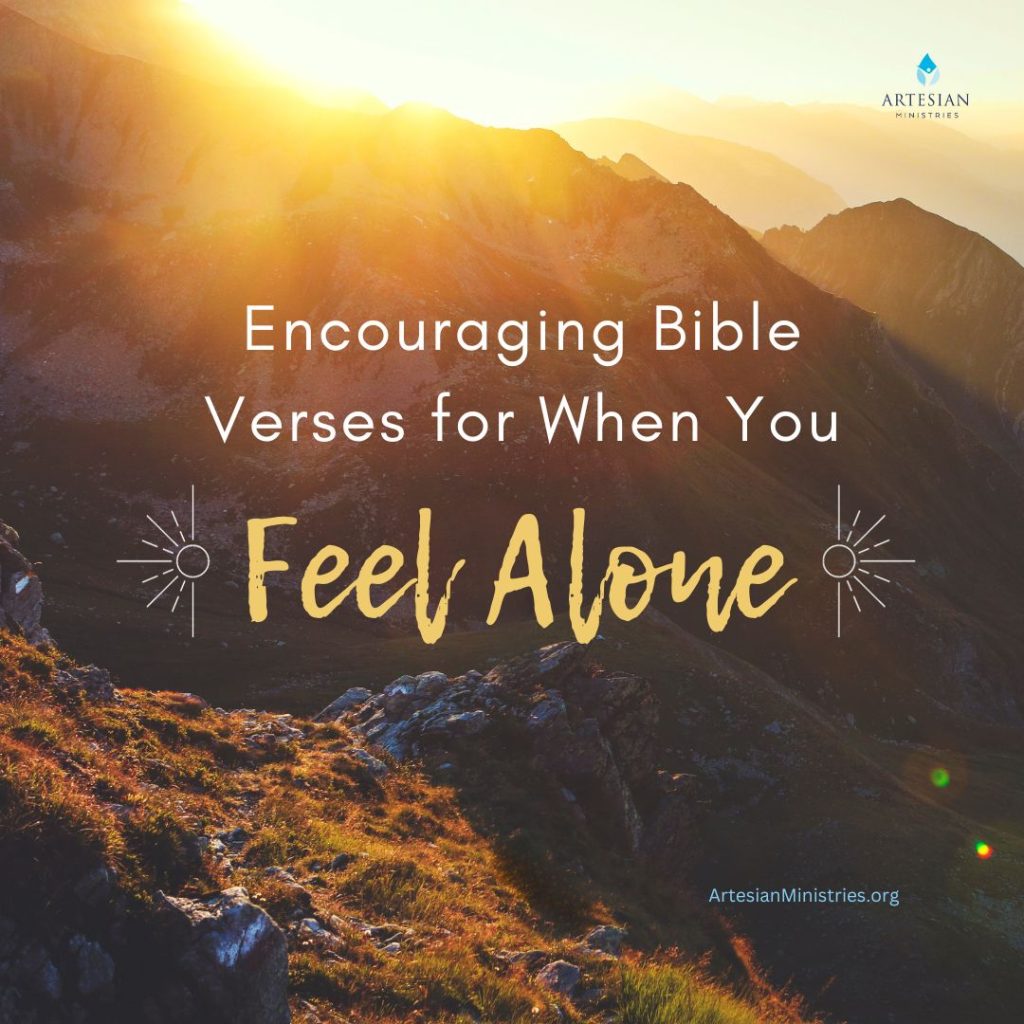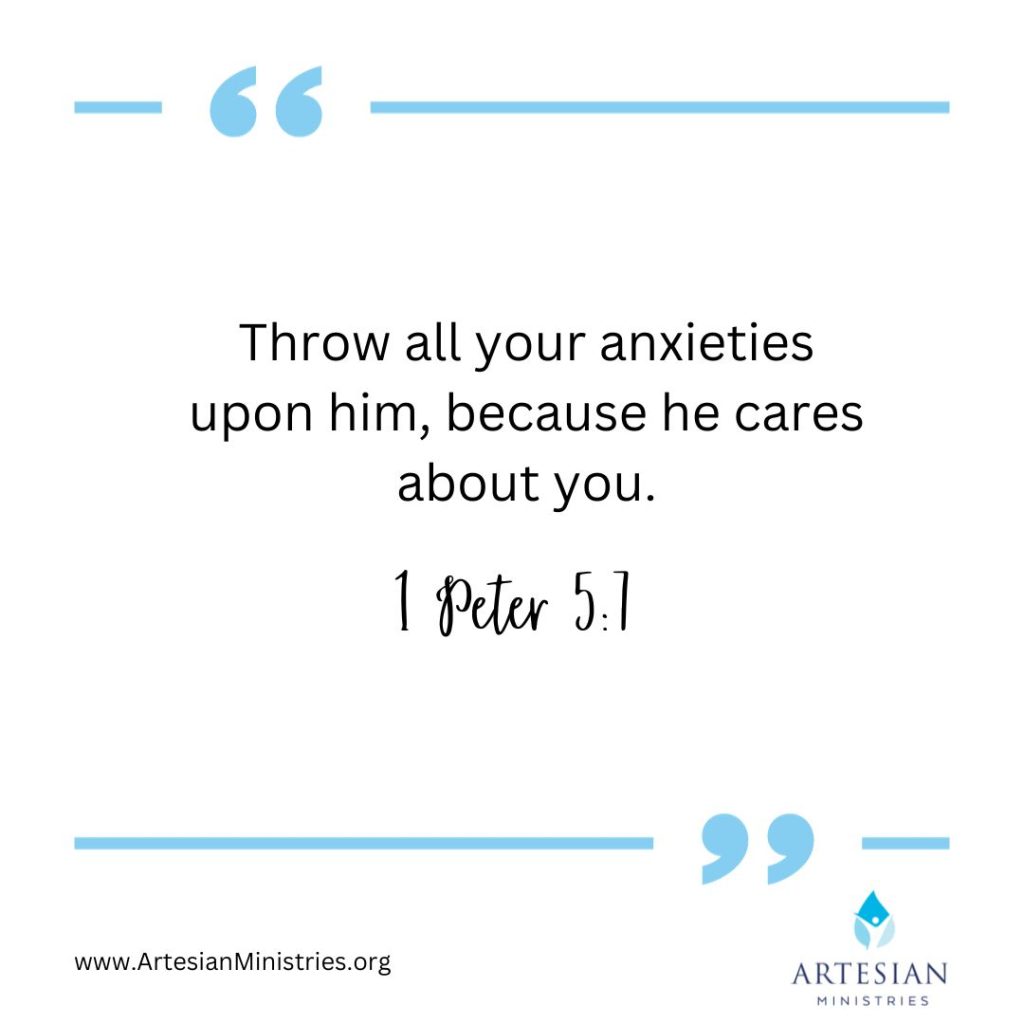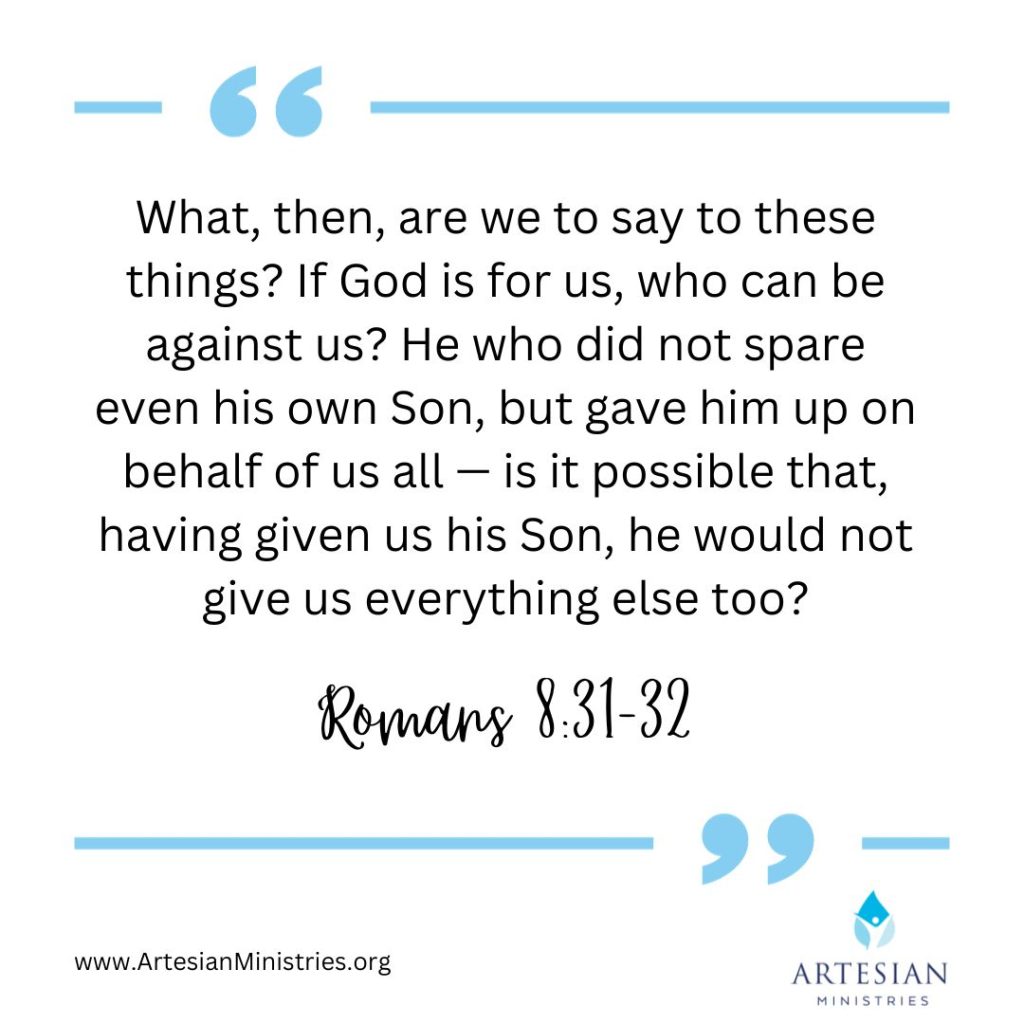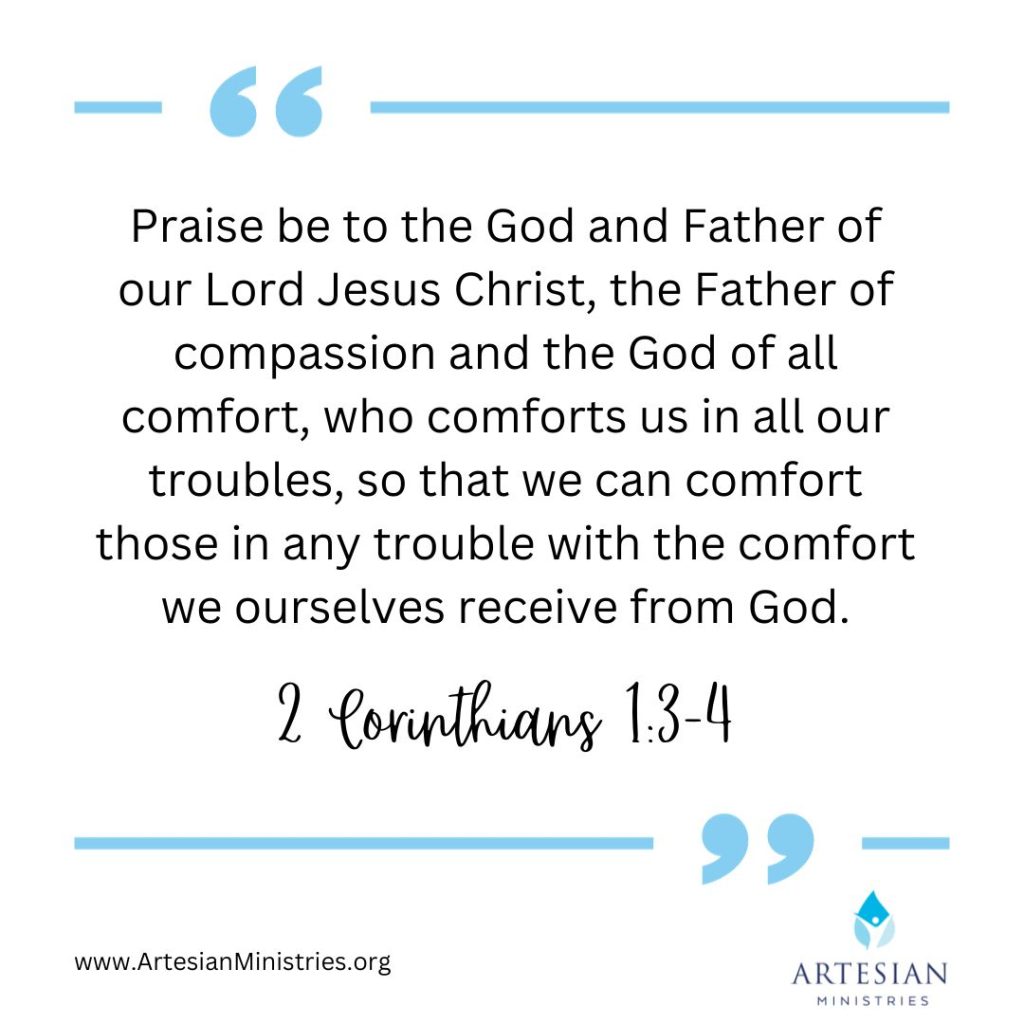Some mornings you wake with a specific person, struggle, or ominous task on your agenda that first comes to mind. You need Thursday morning prayers and blessings to start well.
On other days, you wake up feeling an overwhelming sense of thankfulness for God’s grace, love, and mercies that He has poured into your life. Honestly, this is how I wake up most days.
Beginning each morning with prayer centers your heart and mind on God before the day’s chaos begins. You might call it a good morning prayer message with God. Here are Thursday morning prayers and blessings to start your day with the Lord.

Thursday Prayer Message for Self
- Dear Lord, today is a new day. No matter what happened yesterday, You have given me a beautiful morning full of new possibilities. I have breath in my lungs because You have good work for me to accomplish in Your name today. Help me keep my eyes on You every step of the way today. In Jesus’ name, Amen.
- O Lord, You have given me the Holy Spirit to guide me on this blessed Thursday. I need your guidance because I woke up not feeling great. I have a lot on my plate and pressing into my mind, so I start this beautiful day with a worshipful heart. In Jesus’ name, Amen.
- Dear God, there is so much in my life right now that is broken. It is hard to embrace good morning messages when my heart is heavy. I pray that You keep my eyes on Jesus Christ today. Calm my heart and give peace to my mind. In Jesus’ name, Amen.
- Almighty God, some days I make foolish decisions about time management and finances. I pray that You send wise men and women to surround me in the right places today. All good gifts come from You, so guide me on the right path to be a good steward of Your resources. In Jesus’ name, Amen.
- Christ Jesus, You have blessed me with good health which makes this a wonderful Thursday. Provide opportunities today to use my physical agility to help a good friend who may be facing health challenges. Thank you for giving me the ability to bless others in Your name and for Your glory. In Jesus’ name, Amen.
Related post: Powerful Prayer for God’s Protection from Psalm 91

Thursday Prayer for Family Member
- Father God, it breaks my heart when a beloved family member faces hard times. Give me opportunities today to show them Your steadfast love. Show me ways that I can help them so that they have a good day. In Jesus’ name, Amen.
- Lord God, I treasure my children. Yet I know You treasure them more as you knit them together in my womb. Keep my children safe today in Your care and keeping. You know what they need and I trust You completely. In Jesus’ name, Amen.
- Dear Heavenly Father, thank you for making my husband a great father to our children. Give him a blessed day at work. May this Thursday morning bring him peace of mind that he is an excellent provider for our family. Thank you for the incredible blessing of family. In Jesus’ name, Amen.
- Lord Jesus, first thing this morning I thank You for the husband that You picked out for me. He is my best friend and most faithful companion. Thank you for giving him a heart after Yours. I pray that you bless him with a wonderful morning full of good news, efficient work, and peace of mind. In Jesus’ name, Amen.
- Dear Lord, as my parents age it is hard to watch them struggle with health issues. You have given them many good things in their life today, so I ask that you lift them up and remind them of those blessings. Give them daily activities that prove they are still a vital part of the kingdom of God. In Jesus’ name, Amen.
Related post: Best Christian Prayer Room Ideas to Strengthen Your Faith

Thursday Prayer Quotes
- “Prayer is not asking. It is a longing of the soul. It’s daily admission of one’s weakness. It is better in prayer to have a heart without words than words without a heart.” — Mahatma Gandhi
- “The function of prayer is not to influence God, but rather to change the nature of the one who prays.” — Søren Kierkegaard
- “Do not pray for an easy life, pray for the strength to endure a difficult one” — Bruce Lee
- “Let gratitude be the pillow upon which you kneel to say your nightly prayer. And let faith be the bridge you build to overcome evil and welcome good.” — Maya Angelou (Celebrations: Rituals of Peace and Prayer)
- “Prayer is not asking. Prayer is putting oneself in the hands of God, at His disposition, and listening to His voice in the depth of our hearts.” — Mother Teresa
Related post: Positive Monday Motivation Prayers and Prayer Quotes
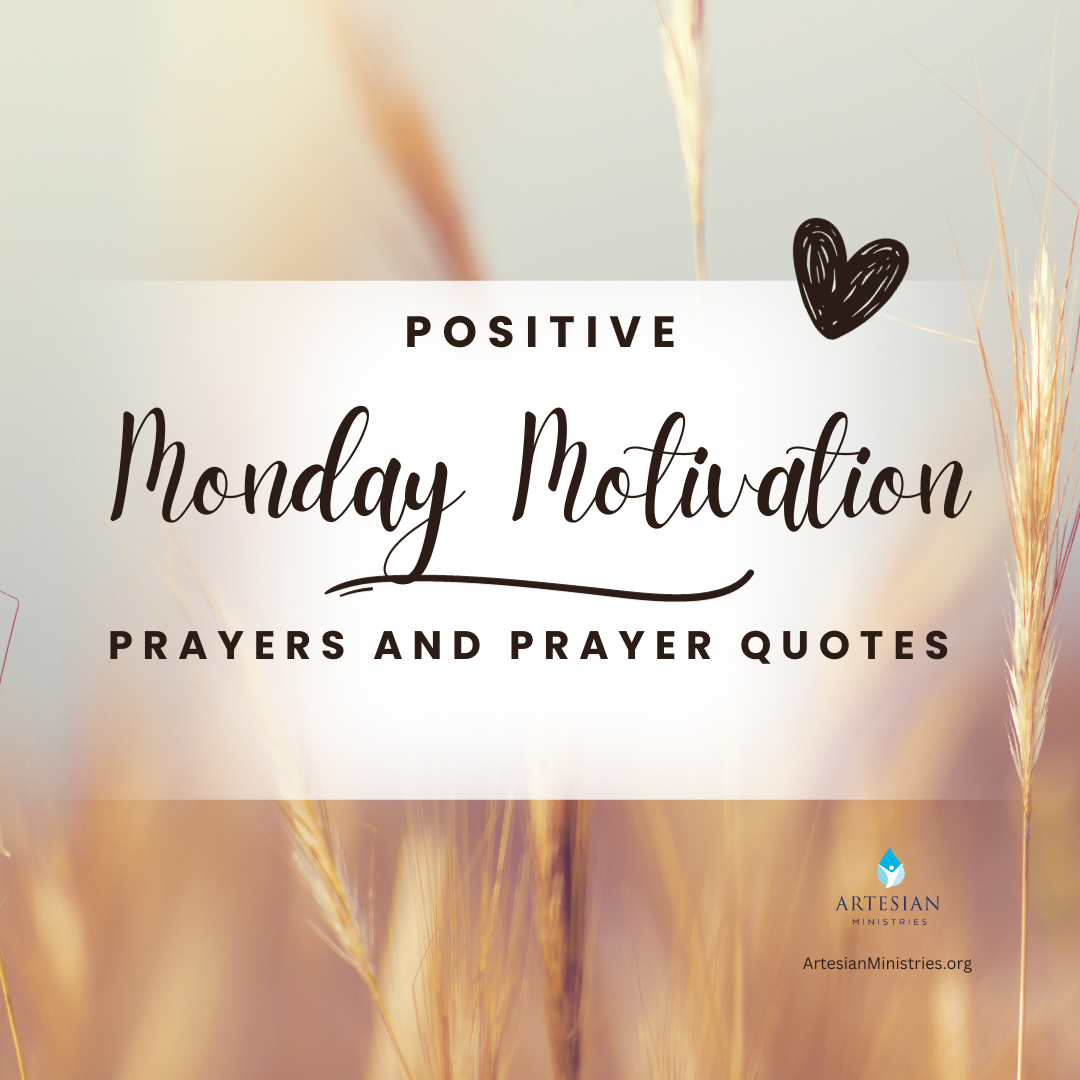
A Powerful Prayer for Thursday
- Father, so often I ask for a happy Thursday rather than asking what You have planned for me in it. Let me notice the works of Your hands today instead of the latest social media post. Show me the best way to share Jesus’ teachings and love with all whose path I cross today. In Jesus’ name, Amen.
- Lord God, before another minute of today passes by, show me Your steadfast love. This new morning is full of limitless possibilities when I focus the right mindset on You. I pray that you allow my work today to bring you glory as I share Your love with others. In Jesus’ Name, Amen.
- God of my Salvation, today is a special day because You hold me in Your mighty hands. I know that You will bring about great things today because I trust my path to You alone. Thank you, Lord, for sending Your Son to die in my place. In Jesus’ Name, Amen.
- O God, You are my refuge and strength. As I step out into the world today, let me do so with a beautiful smile and the name of the Lord on my lips. Let me shine the glorious light of God into the darkness with joy! In Jesus’ Name, Amen.
- Heavenly Father, sometimes my good morning prayers are about others. Today, I boldly pray for myself that the peace of God that passes all understanding guard my heart and mind in Christ Jesus today. What a great way to start out any day! In Jesus’ Name, Amen.
Related post: 10 Powerful Prayers for Repentance and Restoration
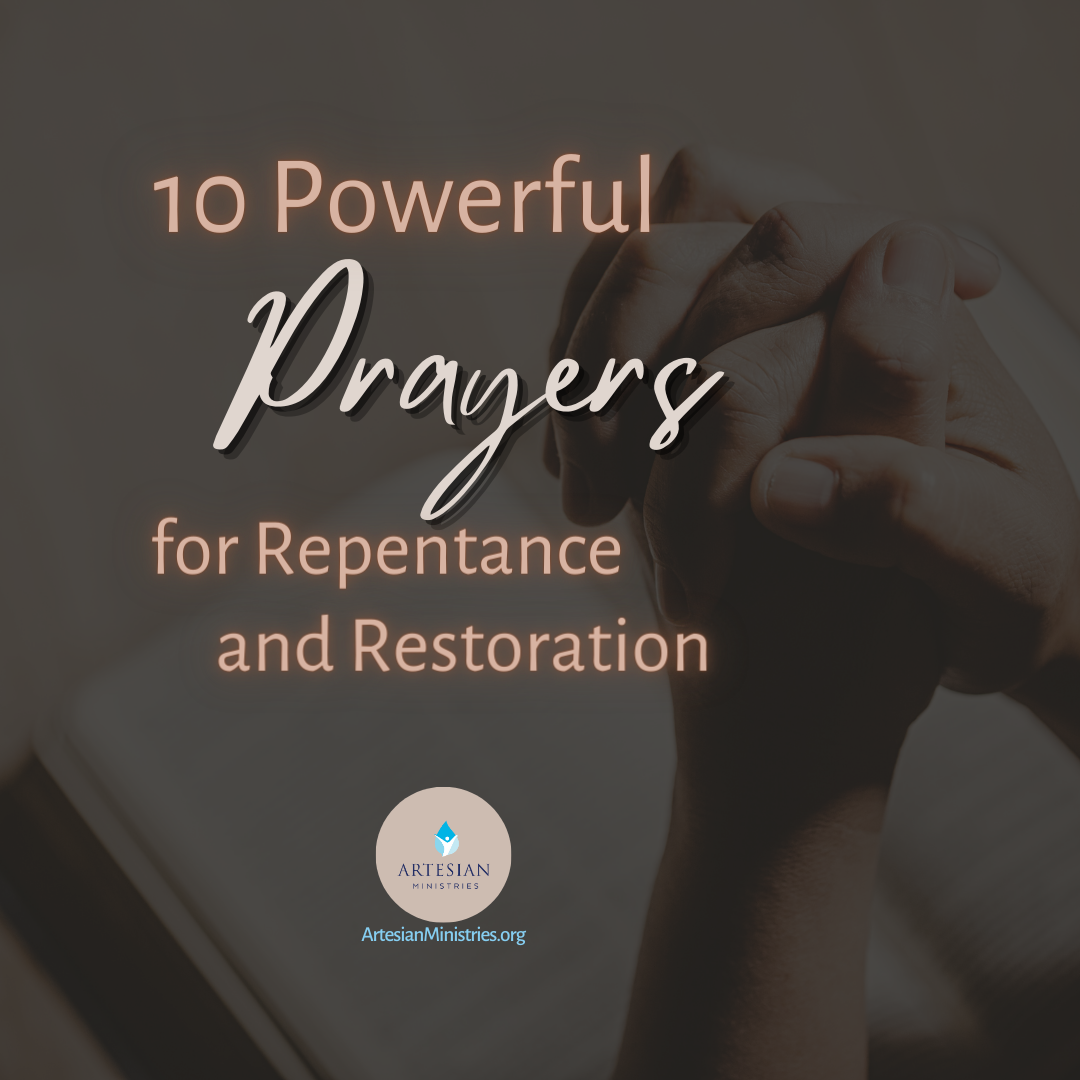
A Blessing Prayer for Thursday
- Beautiful Savior, thank you for blessing me with the wonderful sounds of nature this morning. I love Your creation because it reflects Your beauty and creativity. As I go out today, grant me safe travels and a renewed sense of Your purpose over my life. In Jesus’ Name, Amen.
- Lord God, the most wonderful Thursday morning prayers and blessings start in the Word of God. Thank You for that time of blessing within those holy pages this morning. You have blessed me with so many reminders of Your unwavering faithfulness and love. Thank you, Lord.
- Lord Jesus, thank you for the blessing of my health this morning. I can rise and do the work that You have set out for me because You have preserved my health. Let me honor that blessing by taking care of my body, mind, and soul. In Jesus’ Name, Amen.
- Dear Father, thank you for the level ground at the foot of the cross. Jesus died for my sin–a truly staggering truth that enables me to live eternally with You. Let me never take that tremendous blessing for granted. In Jesus’ Name, Amen.
- Most Holy God, I wake this morning knowing that a challenging day awaits. I pray that You bless me with Your strength and Your patience to see me through. You are so faithful, Lord. Thank you in Jesus’ name. Amen.
Related post: Powerful Wednesday Morning Prayers and Blessings
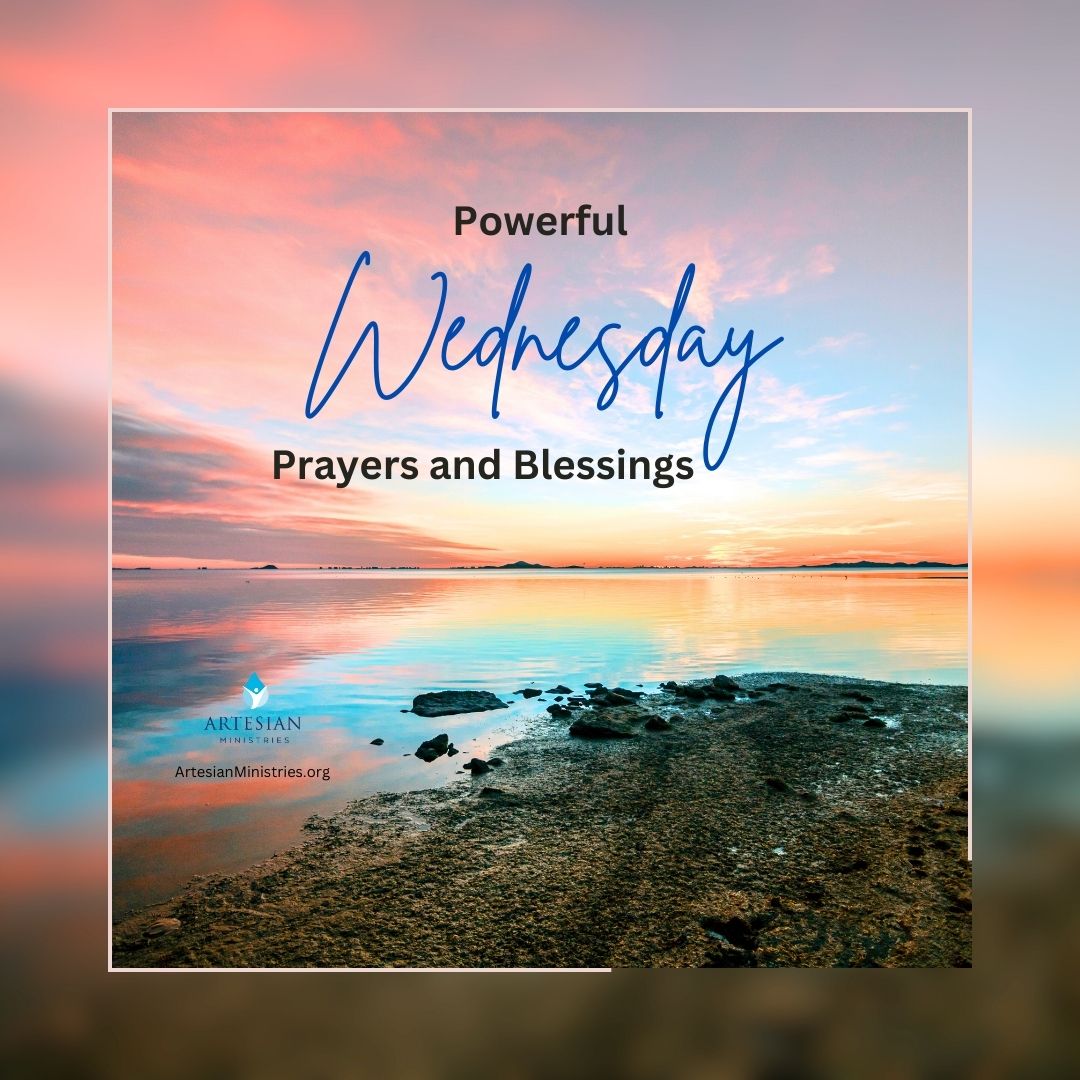
Bible Verses for Thursday Blessing
Here are some of the most well-known and well-loved Bible verses to start your Thursday morning prayers and blessings in the best way possible.
- Philippians 4:13 – “I can do all things through him who strengthens me.”
- Jeremiah 29:11 – “For I know the plans I have for you,” declares the Lord, “plans to prosper you and not to harm you, plans to give you hope and a future.”
- Psalm 23:1-3 – “The Lord is my shepherd, I lack nothing. He makes me lie down in green pastures, He leads me beside quiet waters, He refreshes my soul.”
- Romans 12:2 – “Do not conform to the pattern of this world, but be transformed by the renewing of your mind. Then you will be able to test and approve what God’s will is—his good, pleasing and perfect will.”
- Isaiah 41:10 – “So do not fear, for I am with you; do not be dismayed, for I am your God. I will strengthen you and help you; I will uphold you with my righteous right hand.”
- Romans 8:1-2 – “There is therefore now no condemnation for those who are in Christ Jesus. For the law of the Spirit of life has set you free in Christ Jesus from the law of sin and death.”
- Philippians 4:6-7 – “Do not be anxious about anything, but in everything by prayer and supplication with thanksgiving let your requests be made known to God. 7 And the peace of God, which surpasses all understanding, will guard your hearts and your minds in Christ Jesus.”
- Isaiah 40:31 – “But those who hope in the Lord will renew their strength. They will soar on wings like eagles; they will run and not grow weary, they will walk and not be faint.”
Related post: Best Pens and Supplies for Ultimate Bible Journaling
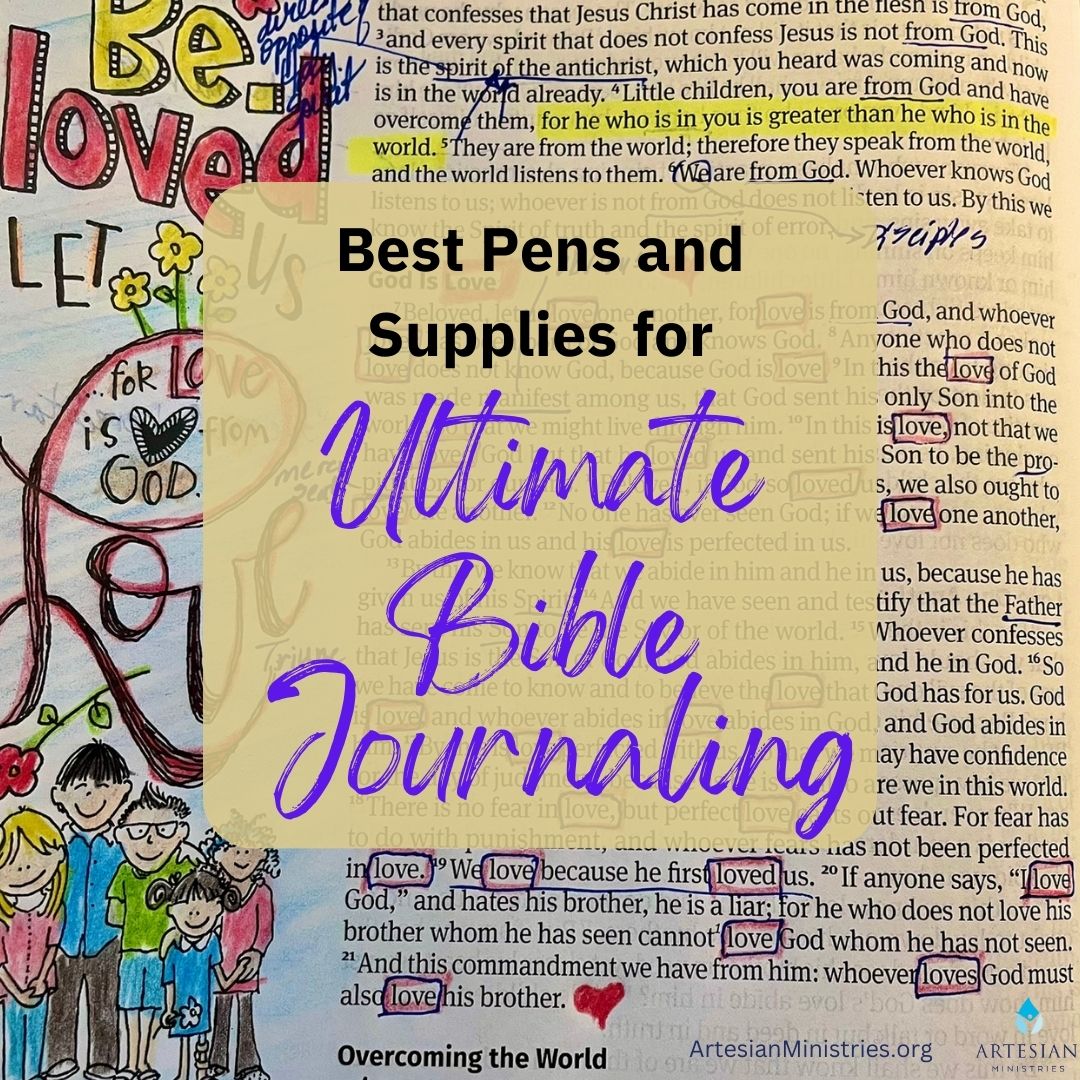
Positive Prayers to Start the Day
Starting each day positive with your mind on the Lord makes all the difference.
- Dear Lord, thank you for another day! I pray that You enable me to put forth my best today in every way. Today at work, let me serve abundantly. At home, let me love unconditionally. At church, let me worship wholeheartedly. You, Lord, are my strength and joy! In Jesus’ Name, Amen.
- Good morning, Lord! I start this day knowing that You are by my side. Lead me and guide me today in the ways that You know I need to go. Keep Your words fresh in my mind and quick on my lips to encourage others along the way. In Jesus’ Name, Amen.
- Lord and Savior, I arise today in the strength of Your might. I walk today in the wisdom of Your guidance. And I speak today with the grace that You have given me. I pray that You keep these things foremost in my mind as I walk through this new day You have given me. In Jesus’ Name, Amen.
- Heavenly Father, it blows my mind that You have given me the gift of faith and eternal life through Your Son Jesus Christ. There is no greater gift of love than one who lays his life down for another. Jesus did that for me. Let me live in gratitude today! In Jesus’ Name, Amen.
Related post: 12 Powerful Scriptures to Pray for Financial Breakthrough
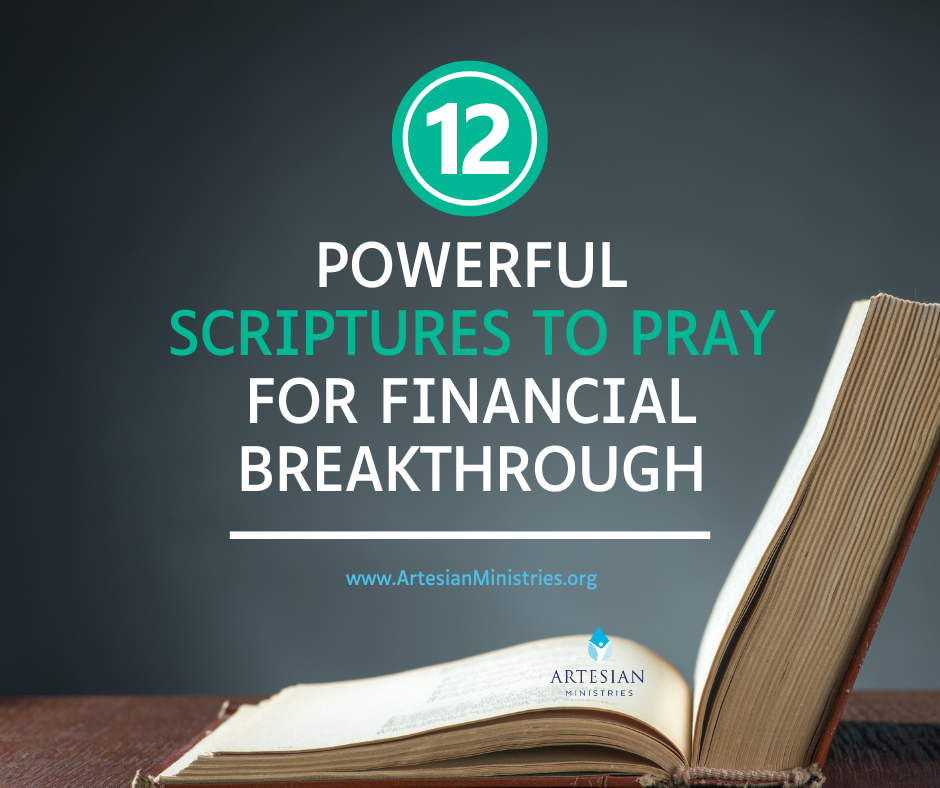
Thursday Prayers for Hard Days
Some days are just hard. Oftentimes they blindside us. Keep these Thursday morning prayers and blessings handy for those challenging days.
- Dear Lord, today is far from a pleasant day. I am finding it hard to keep my thoughts on You. It’s difficult to say kind words today because I hurt. Soothe my soul, Lord, as only You can. You know what I need most right now. In Jesus’ Name, Amen.
- Jesus my Savior, I am struggling today. I have a hard time being kind when others go out of their way to be unkind. Father, I commend them to You. I am not judge and jury, so I trust that You see them and will work in their lives accordingly. Heal my heart, Lord, and remind me of Your great love. In Jesus’ Name, Amen.
- Lord and Friend, I need You desperately. Today is shaping up to be a difficult day. Guard my mind from despair and let it rest on Your peace. Bring me comfort through Your Word and guard my tongue today. In Jesus’ Name, Amen.
- Heavenly Father, I woke up with a sense of dread and darkness. I need Your Thursday morning prayers and blessings. I do not want to walk through today in such a state. Remind me of Your love and faithfulness. Be the light on my path today so that I do not stumble. In Jesus’ Name, Amen.
Related post: Best Bible Verses to Memorize (plus free download)

Thursday Prayers from Bible Verses
When we pray the Word of God back to Him, strongholds are demolished because Scripture is our weapon against the enemy’s attacks. Keep these Thursday morning prayers and blessings close.
1. Bible Verses For Comfort
- 2 Chronicles 20:12b – “We do not know what to do, but our eyes are on you.”
- Colossians 1:13-14 – “For he has rescued us from the dominion of darkness and brought us into the kingdom of the Son he loves, 14 in whom we have redemption, the forgiveness of sins.”
- Psalm 4:1 – “Answer me when I call to you, my righteous God. Give me relief from my distress; have mercy on me and hear my prayer.”
- Psalm 31:1-5 – “In you, Lord, I have taken refuge; let me never be put to shame; deliver me in your righteousness. Turn your ear to me, come quickly to my rescue; be my rock of refuge, a strong fortress to save me. Since you are my rock and my fortress, for the sake of your name lead and guide me. Keep me free from the trap that is set for me, for you are my refuge. Into your hands I commit my spirit; deliver me, Lord, my faithful God.”
- Psalm 139:13-16 – “For you created my inmost being; you knit me together in my mother’s womb. I praise you because I am fearfully and wonderfully made; your works are wonderful, I know that full well. My frame was not hidden from you when I was made in the secret place, when I was woven together in the depths of the earth. Your eyes saw my unformed body; all the days ordained for me were written in your book before one of them came to be.”
Related: Bible study, “The God of All Comfort“
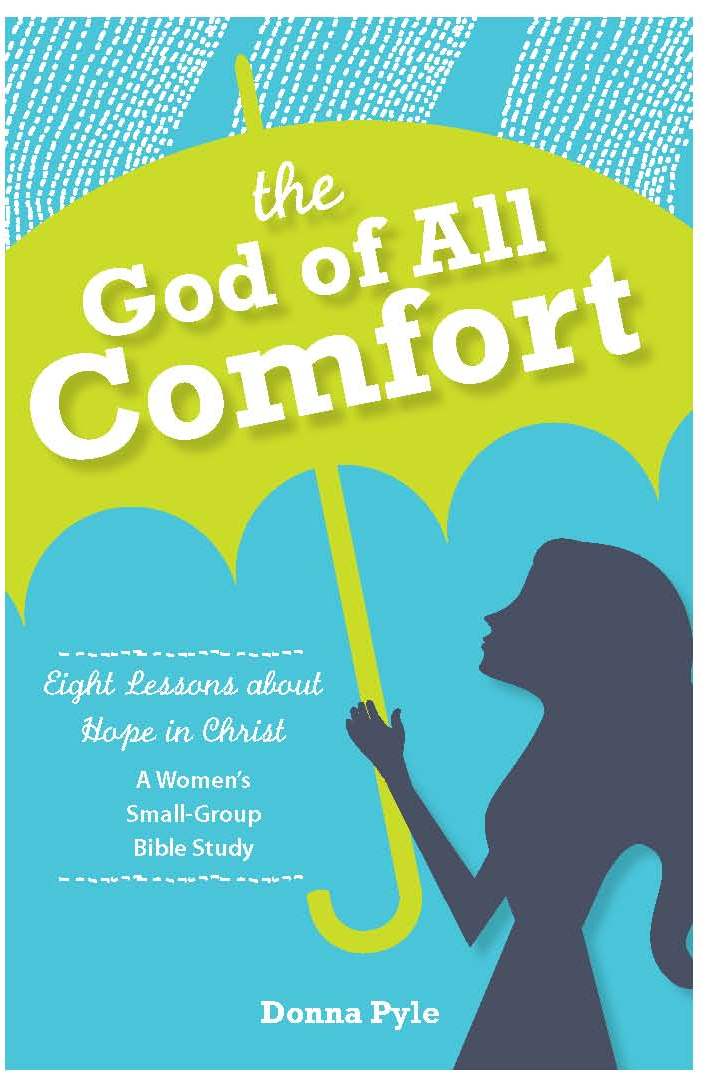
2. Bible Verses for Peace
Finding peace in the world is challenging, to say the least. But we will always find peace in Christ and His promises. Keep these Thursday morning prayers and blessings for peace close by.
- John 16:33 – “I have told you these things, so that in me you may have peace. In this world you will have trouble. But take heart! I have overcome the world.”
- Isaiah 26:3 – “You will keep in perfect peace those whose minds are steadfast, because they trust in you.”
- John 14:27 – “Peace I leave with you; my peace I give you. I do not give to you as the world gives. Do not let your hearts be troubled and do not be afraid.”
- Romans 12:18 – “If it is possible, as far as it depends on you, live at peace with everyone.”
- 2 Thessalonians 3:16 – “ Now may the Lord of peace himself give you peace at all times and in every way. The Lord be with all of you.”
- Isaiah 26:3-4 – “You will keep in perfect peace those whose minds are steadfast, because they trust in you. Trust in the Lord forever, for the Lord, the Lord himself, is the Rock eternal.”
Related post: 52 Powerful Tuesday Morning Blessings and Bible Verses
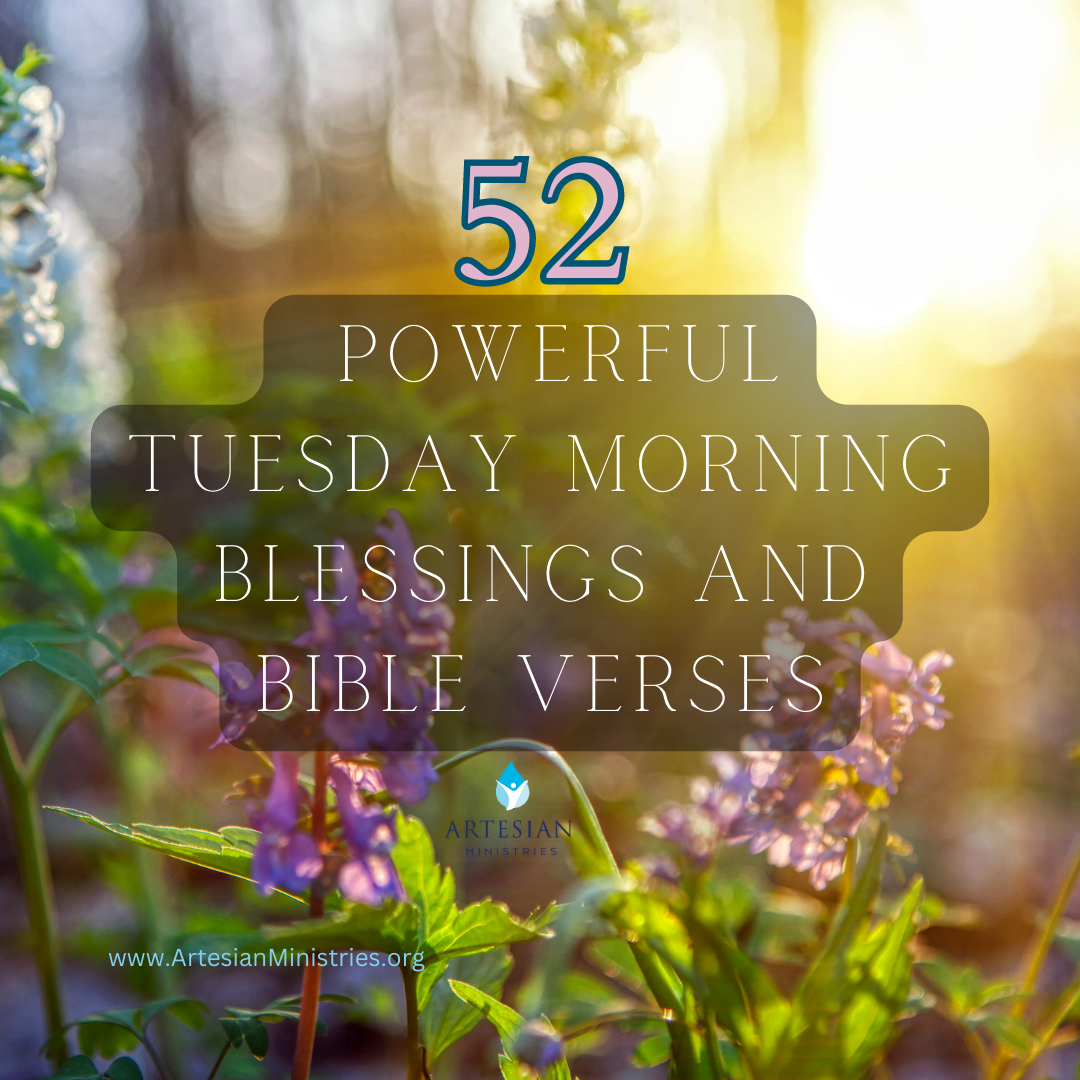
3. Bible Verses for Protection
There are no two ways about it, the devil and his legions will use every dirty trick to steal our faith. Here are verses to remind You of God’s loving protection over you for your Thursday morning prayers and blessings.
- Psalm 91:1-2 – “He who dwells in the shelter of the Most High will abide in the shadow of the Almighty. I will say to the Lord, ‘My refuge and my fortress, my God, in whom I trust.'”
- Psalm 91:3-4 – “He will deliver me from the snare of the fowler and from the deadly pestilence. He will cover me with His pinions, and under His wings I will find refuge; His faithfulness is a shield and buckler.”
- Psalm 91:5 – “When I call to You, You will answer me; You will be with me in trouble; You will rescue me and honor me.”
- Psalm 91:9-10 – “Because I have made the Lord my dwelling place—the Most High, who is my refuge—no evil shall be allowed to befall me, no plague come near my tent.”
- Psalm 91:11 – “For he will command his angels concerning you to guard you in all your ways.”
- Psalm 91:14 – “Because he holds fast to me in love, I will deliver him; I will protect him, because he knows my Name.”
- Romans 8:37 – “In all these things we are more than conquerors through him who loved us.”
- Ephesians 6:10-11 – “Finally, be strong in the Lord and in the strength of his might. 11 Put on the whole armor of God, that you may be able to stand against the schemes of the devil.”
Related: Bible study on the armor of God, “Your Strong Suit“
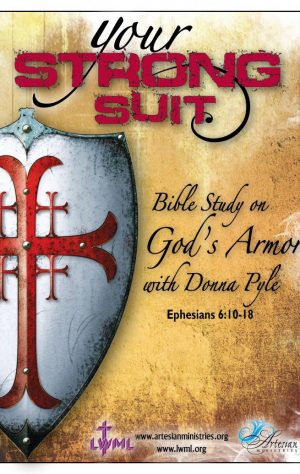
Short Thursday Morning Prayer
- Dear Lord, thank you for the breath in my lungs this morning. Let me use it to proclaim You! In Jesus’ Name, Amen.
- Heavenly Father, I do not know what today holds, but my eyes are on You. In Jesus’ Name, Amen.
- Loving Savior, despite what my day holds, give me Your peace that passes all understanding. In Jesus’ Name, Amen.
- Beautiful Jesus, let me see others as You see them – wholly and dearly loved by You. In Jesus’ Name, Amen.
- Father and Friend, guard my words today so that I encourage and bless others. In Jesus’ Name, Amen.
- Dear Father, You hold today in Your hands, so I put every moment in Your perfect care and keeping. In Jesus’ Name, Amen.
Beginning each Thursday morning prayers and blessings time in the power of prayer, your favorite Bible verses, and covering your daily tasks His holy name, you will discover that a more peaceful day unfolds and perhaps a good mood as the sun rises.
Basking in the love of God is an amazing way to begin a great day. God bless your Thursday!
Related Posts:
- Best Bible Reading Plans
- Warriors in the Bible: 13 Essential Life Lessons to Learn
- 50 Motivational Bible Verses About Aging Gracefully
- Is the Lord’s Prayer in the Old Testament?
About the Author
Donna is a sought-after speaker, multi-published author, and Bible teacher. Her path from being unchurched to becoming passionate about sharing Jesus was not easy. Read about her God-breathed journey: “From Unchurched to Becoming a Multi-Published Author and Sought-After Speaker.” If you want to send Donna a quick message, then visit her here.
{Some of these links are affiliate links. This means if you purchase through that link, the ministry may receive a small commission at no extra cost to you.}

